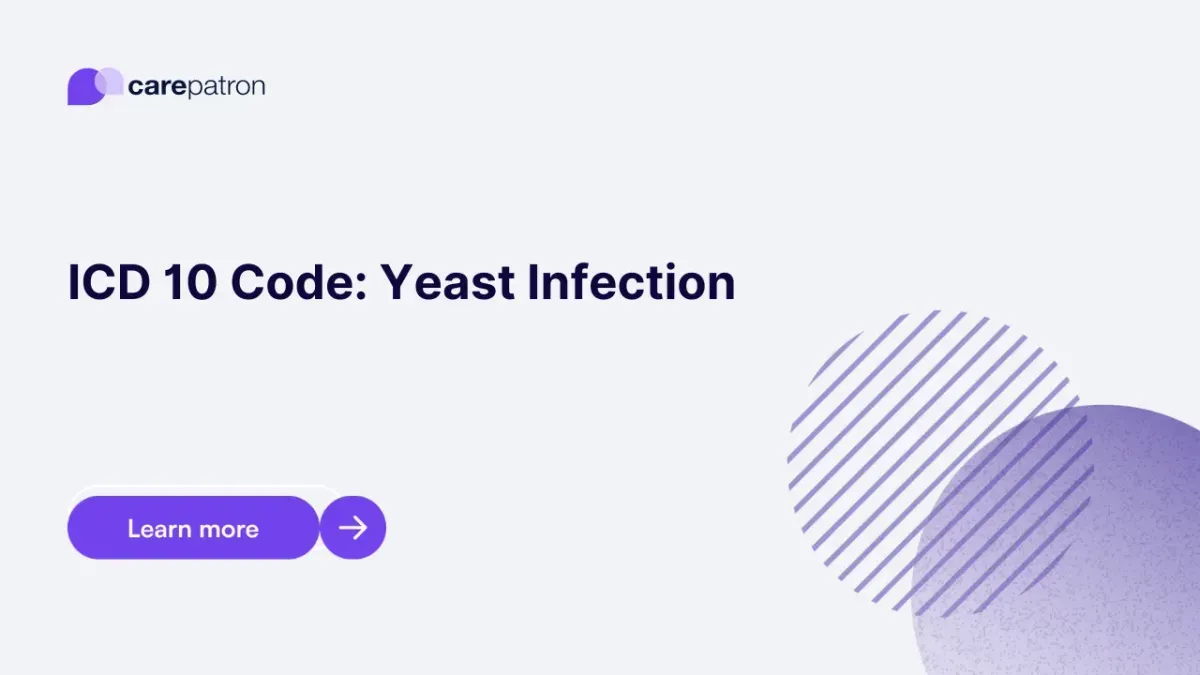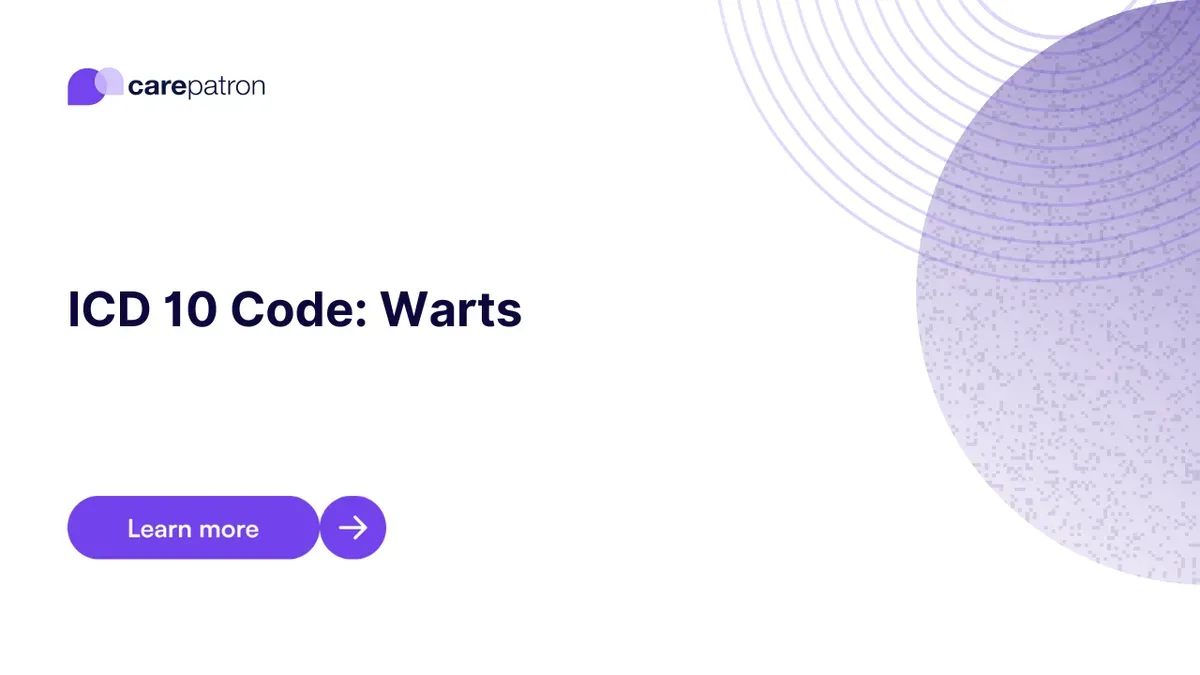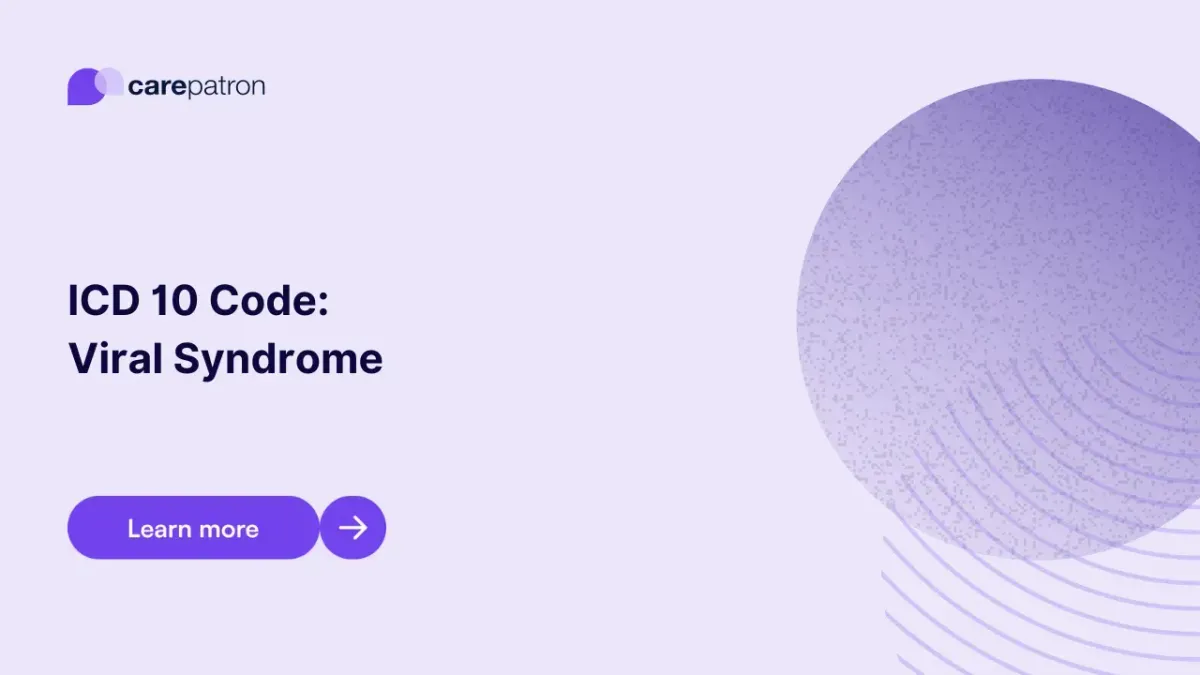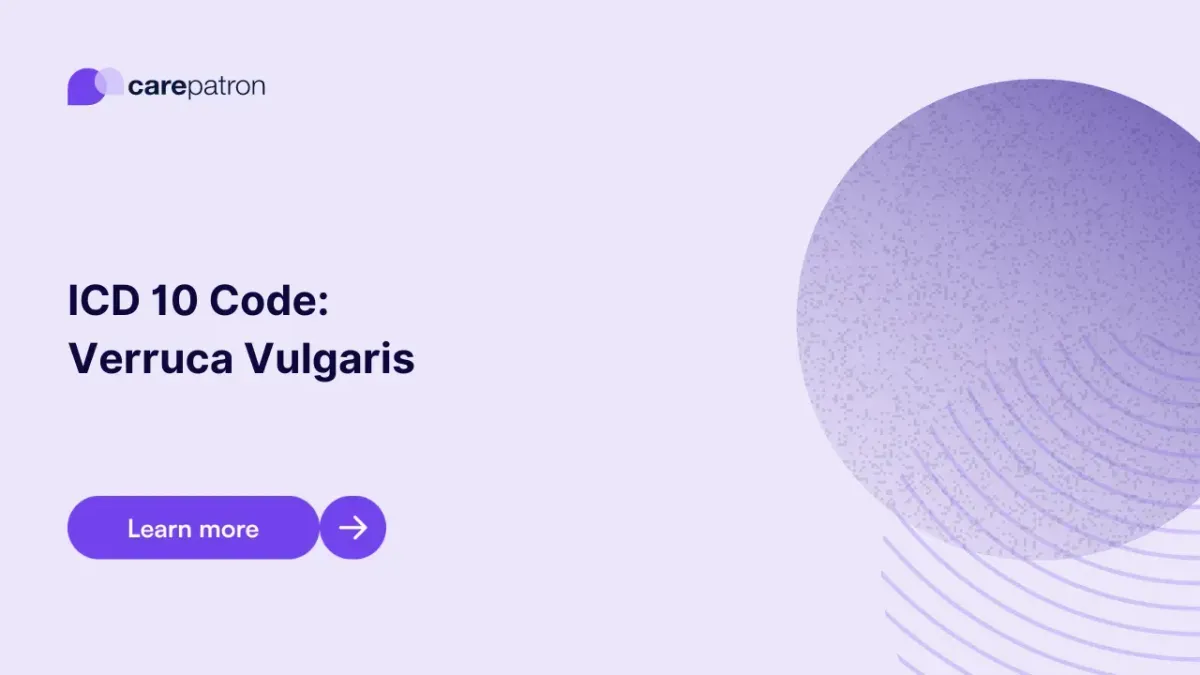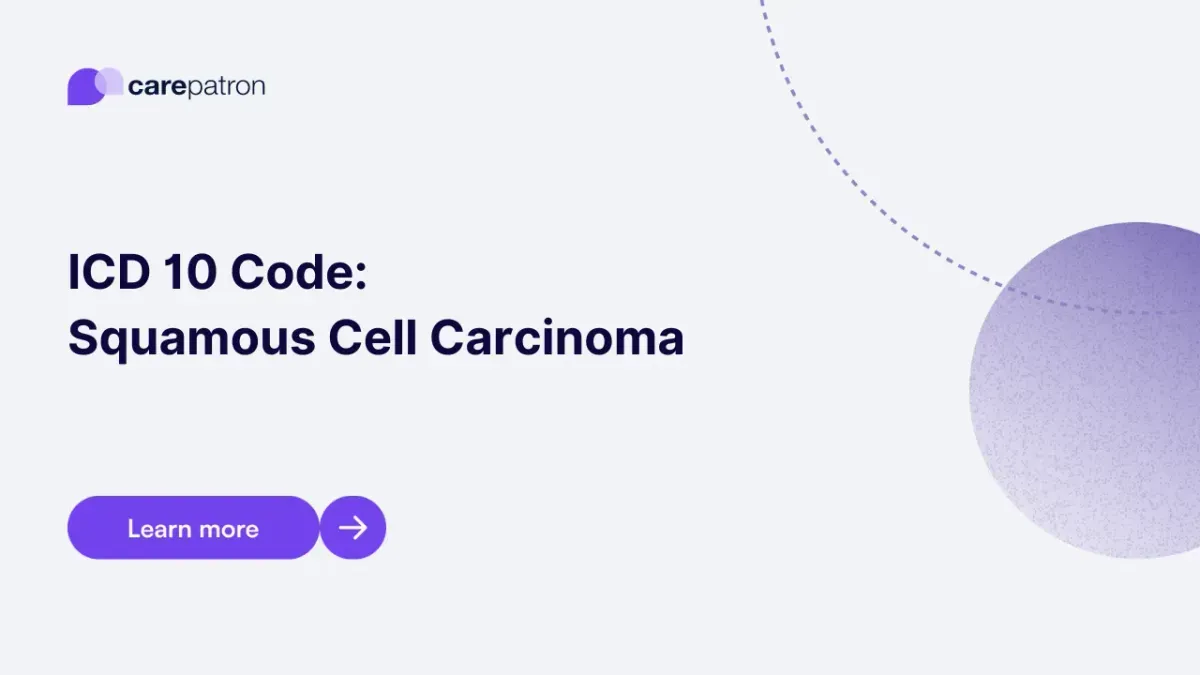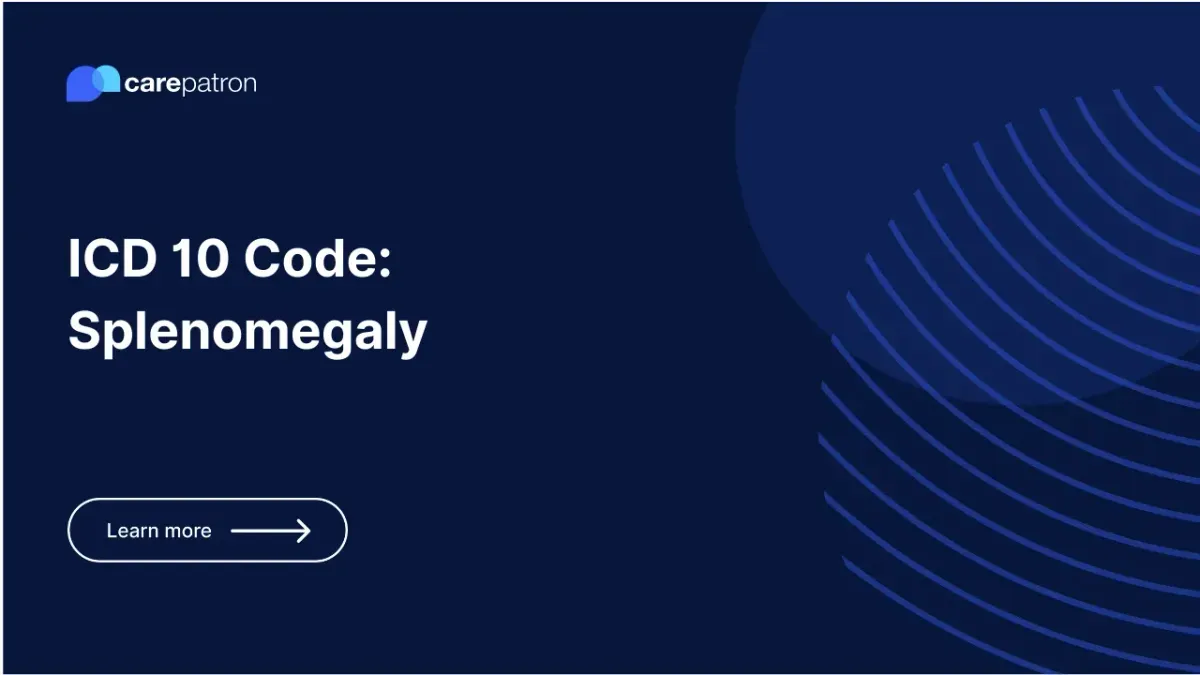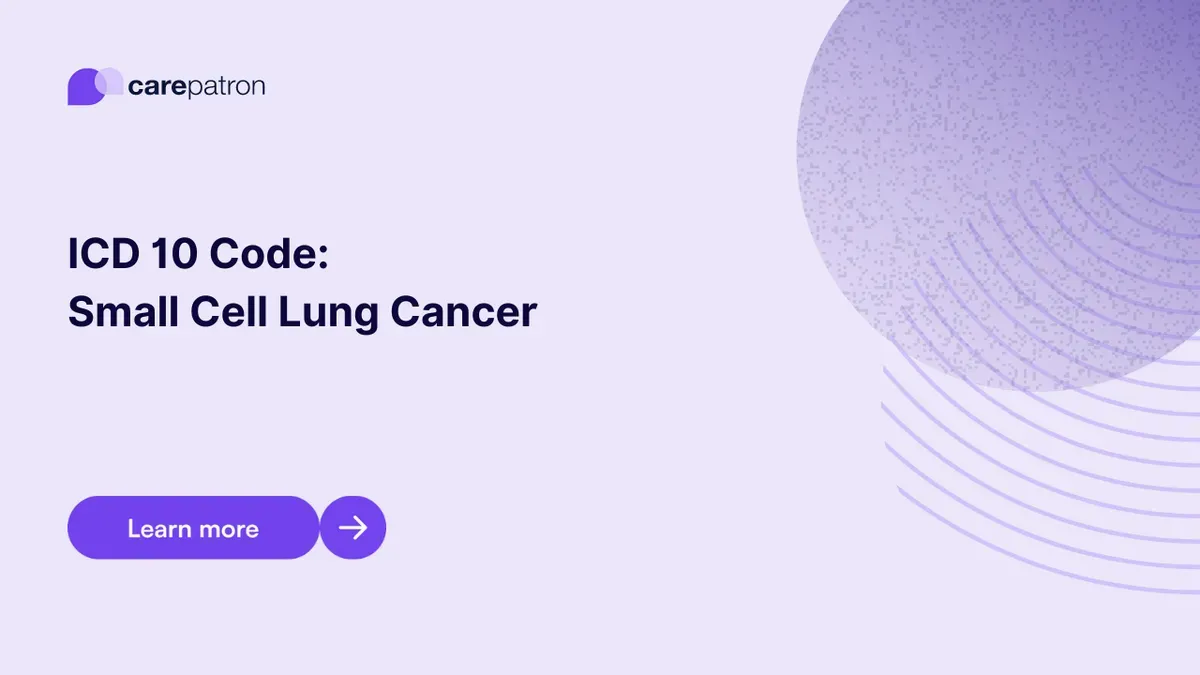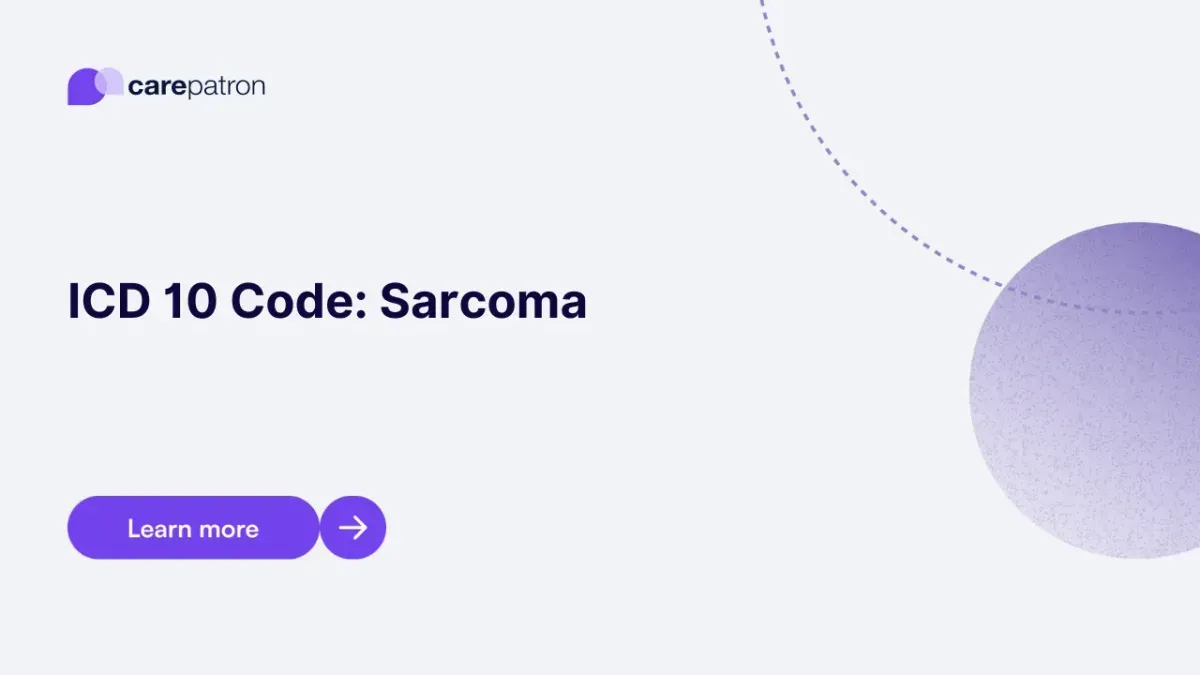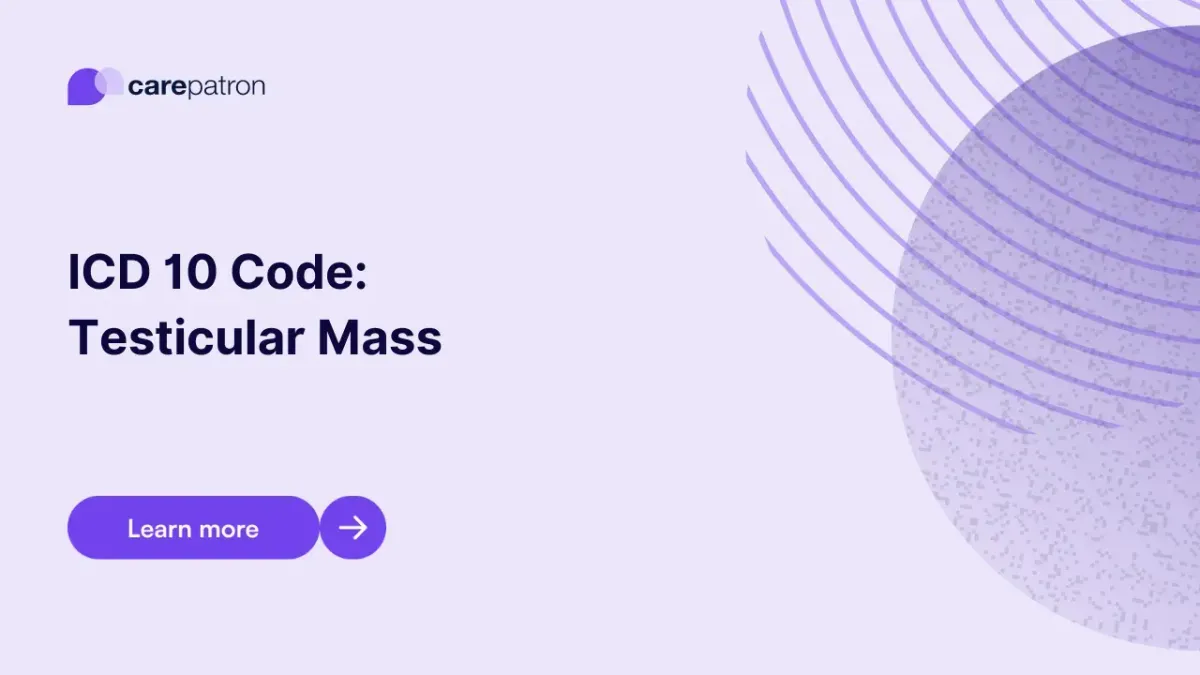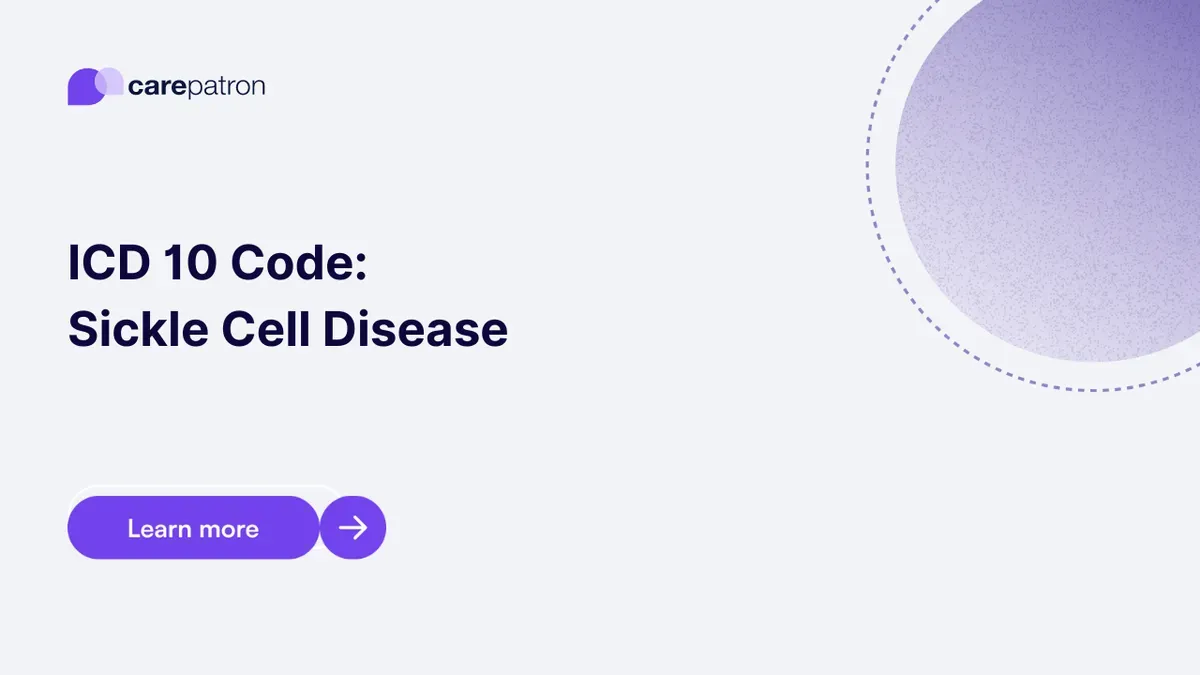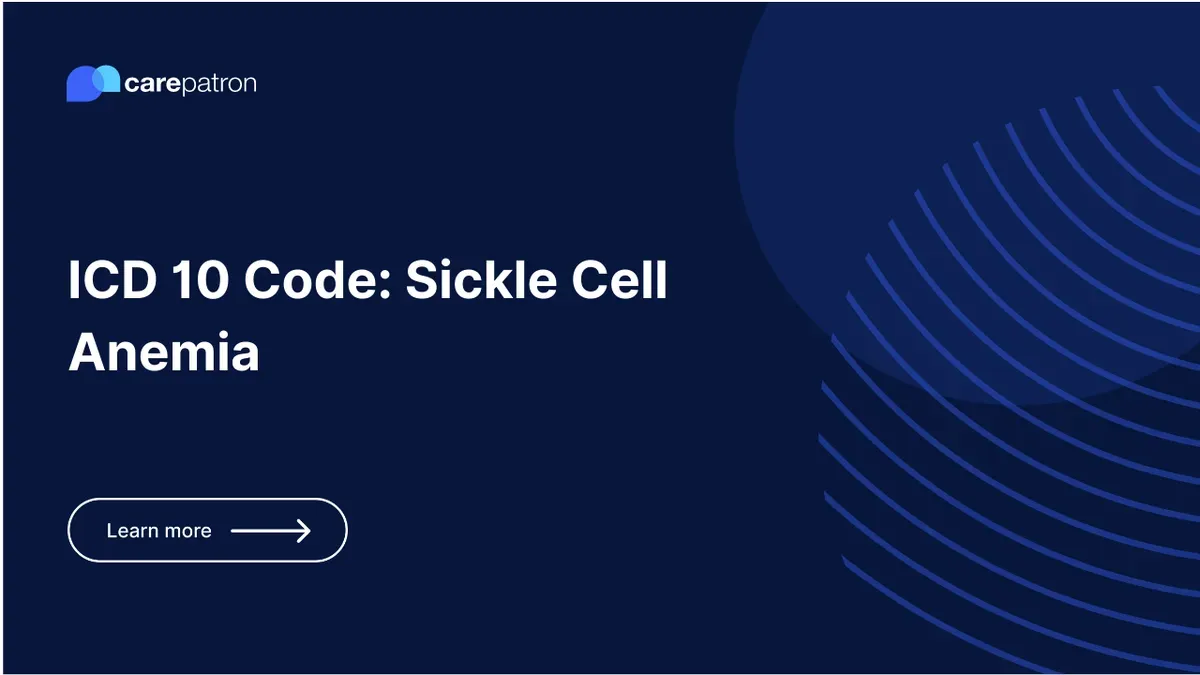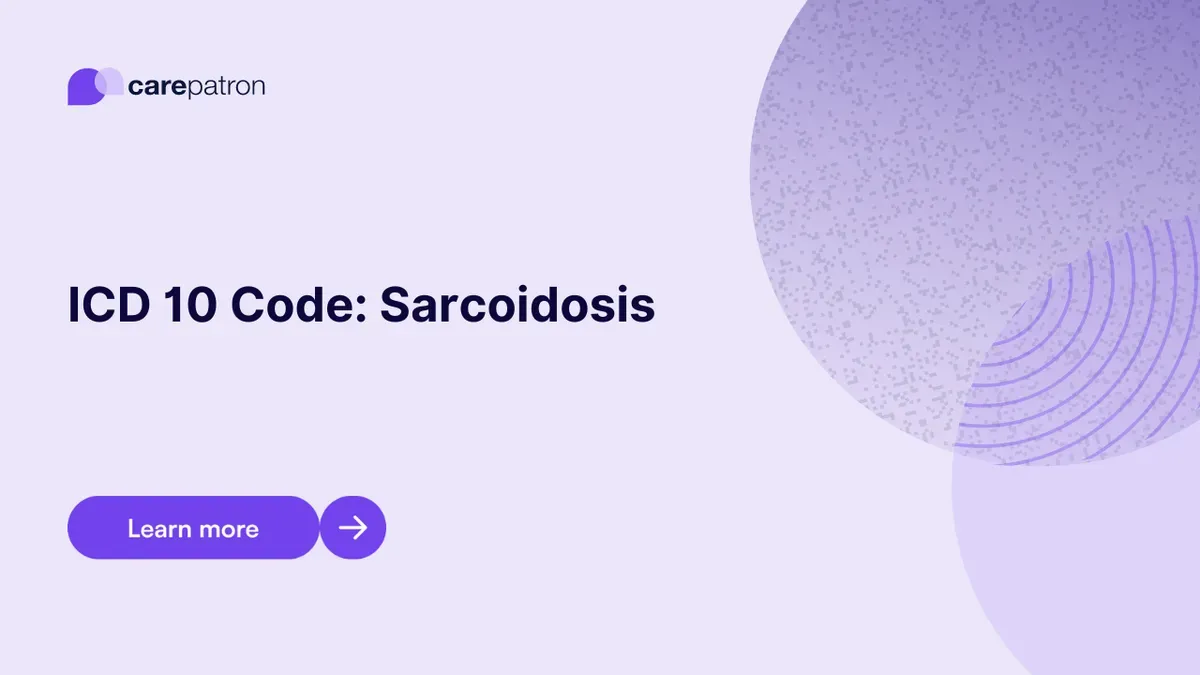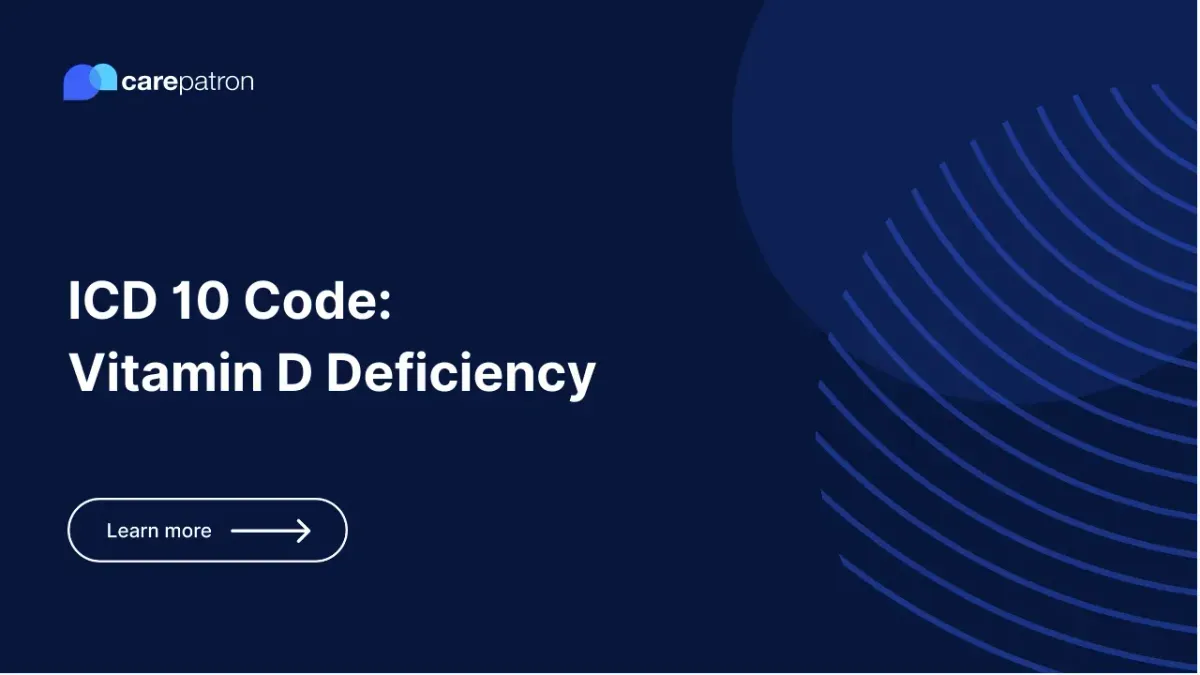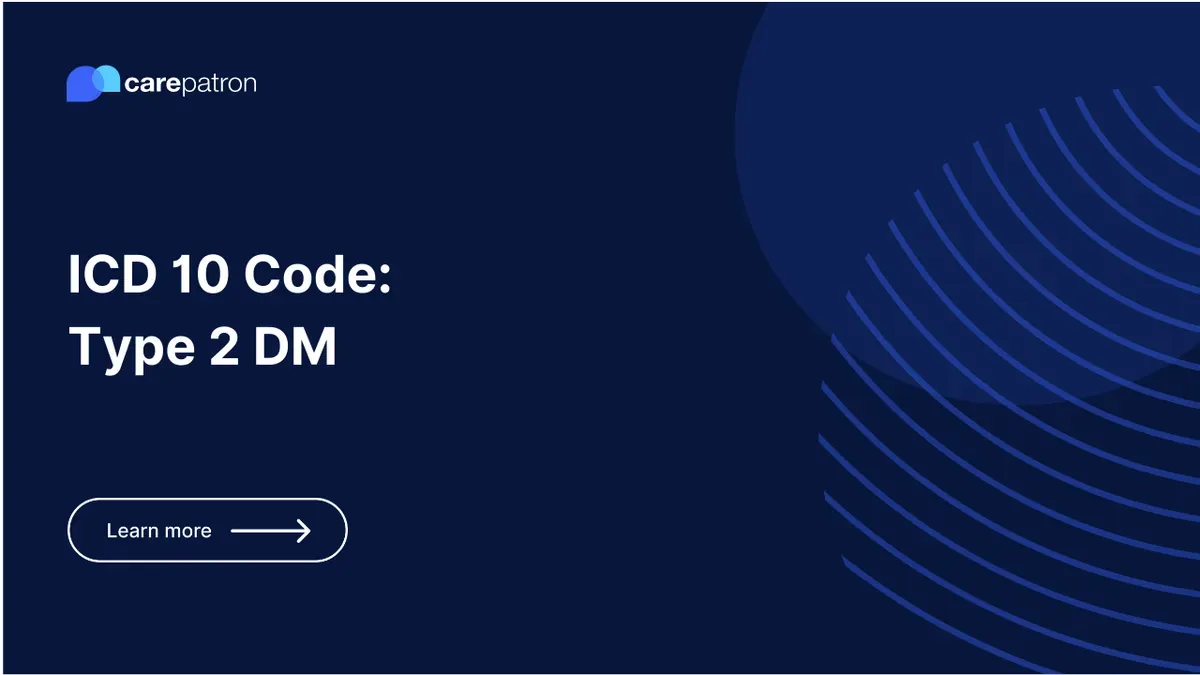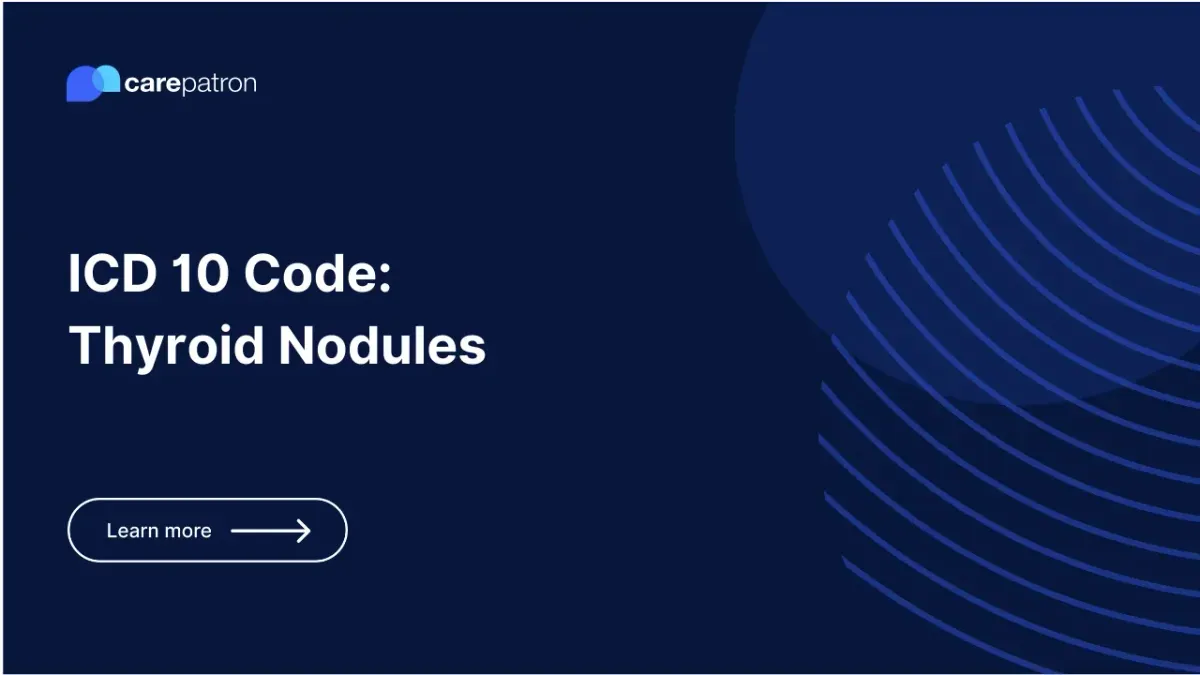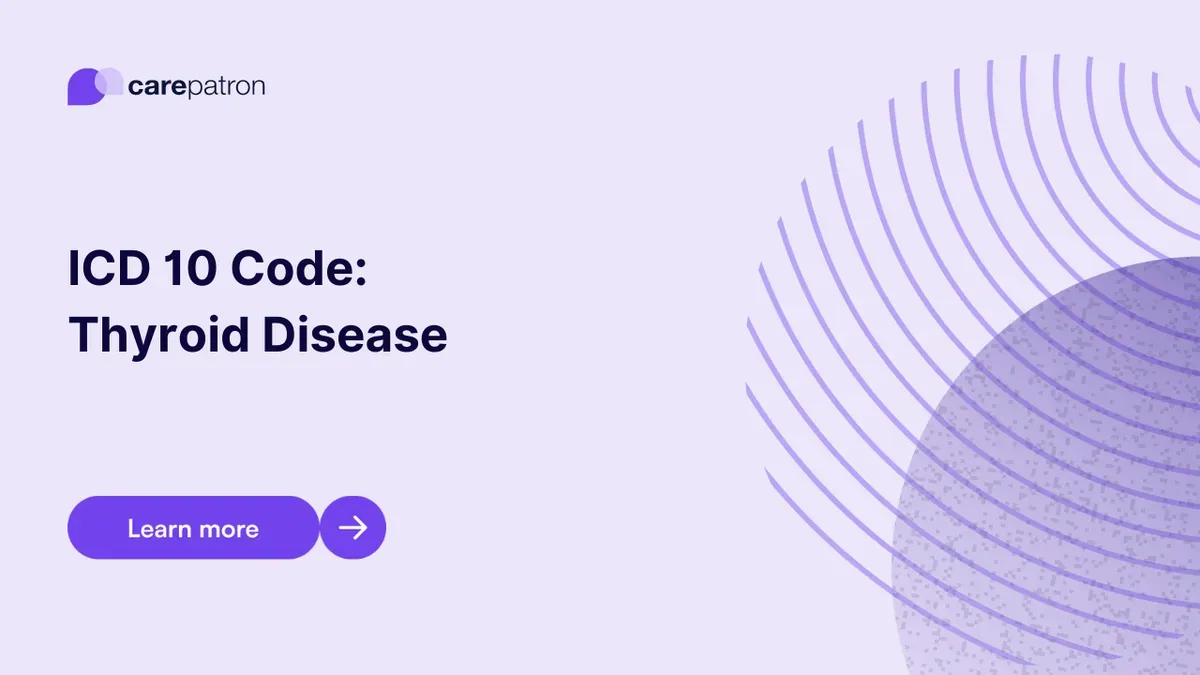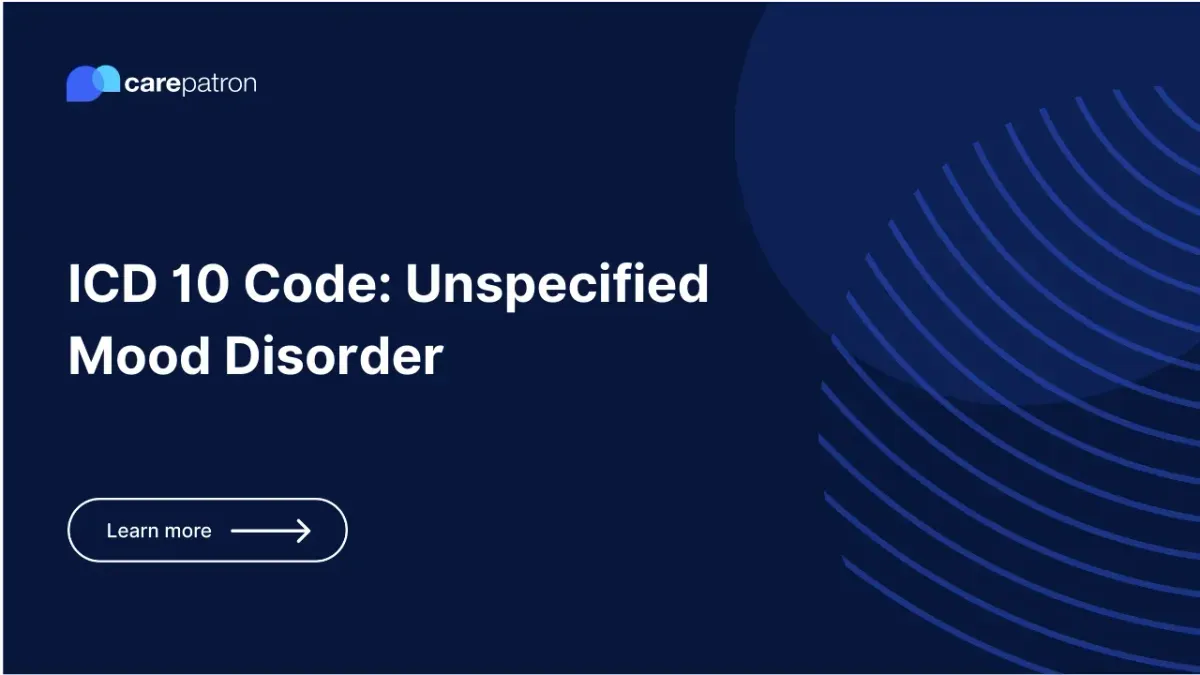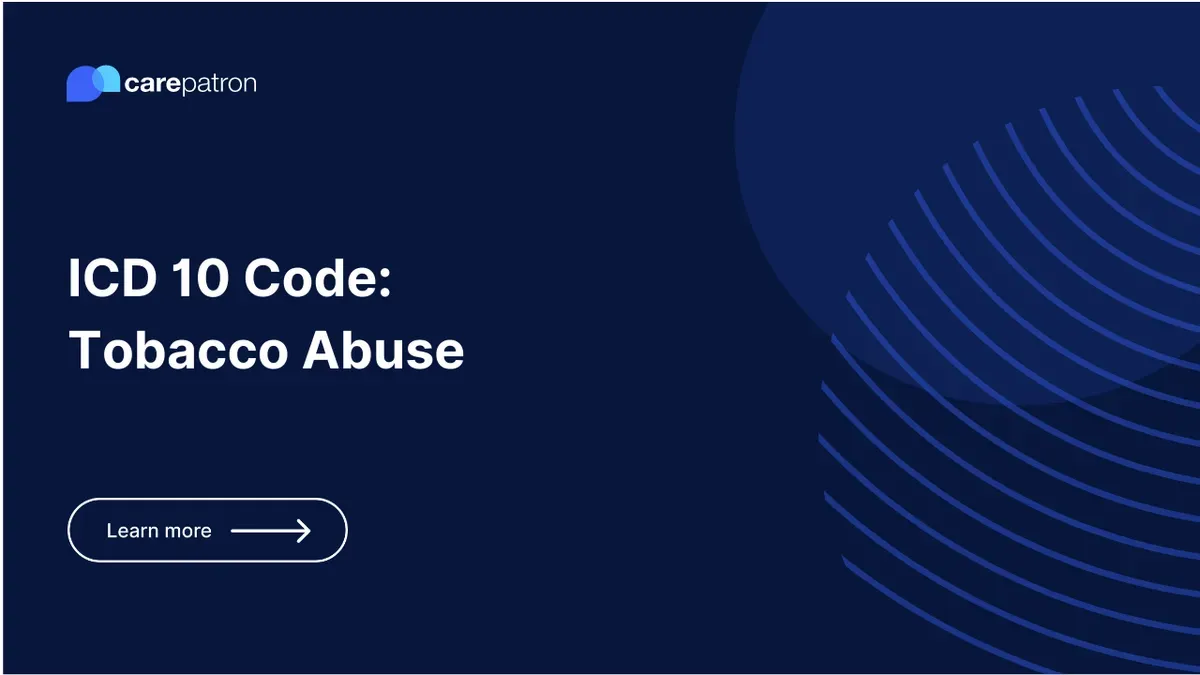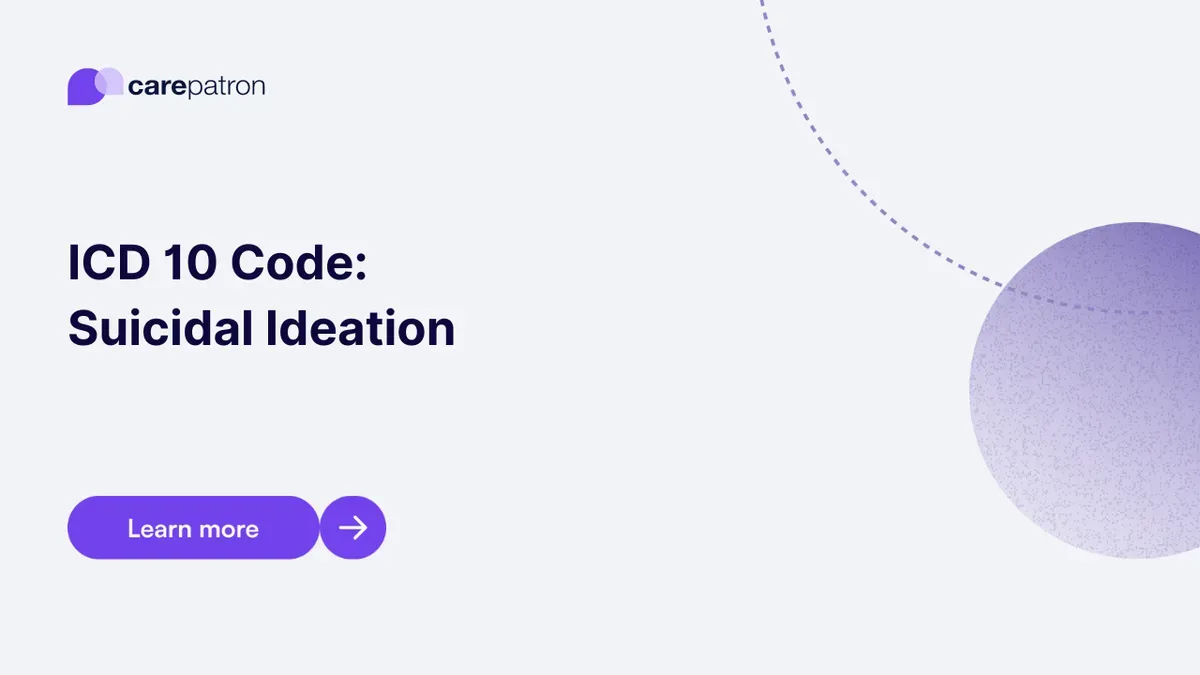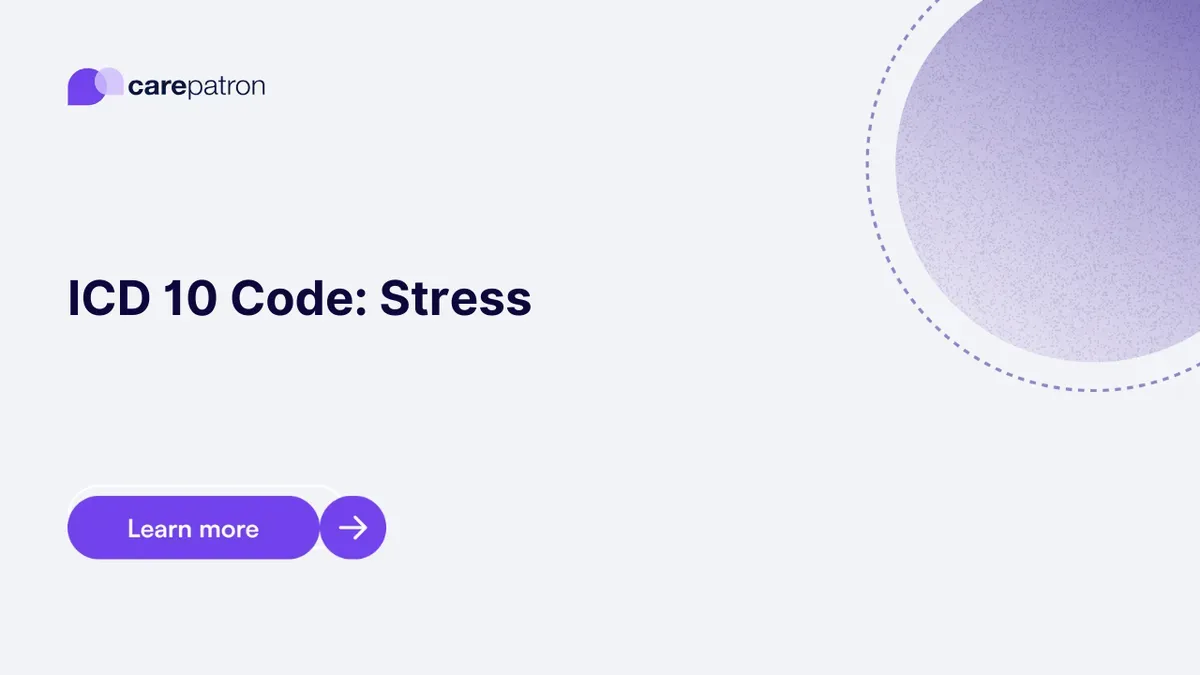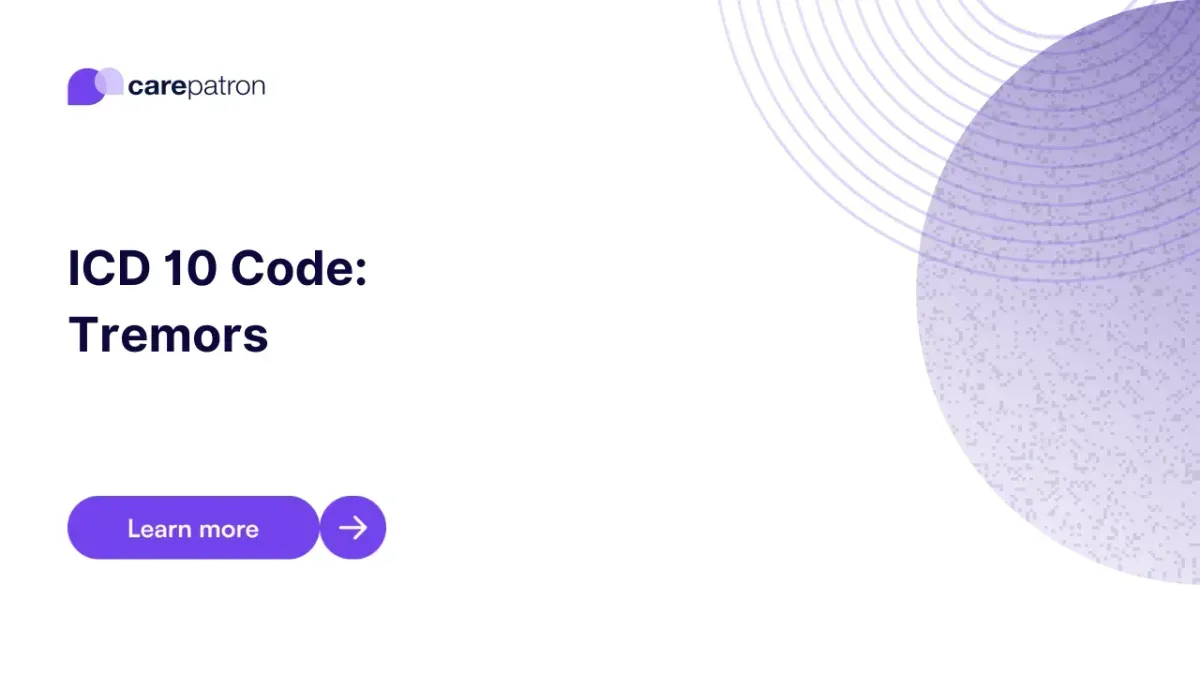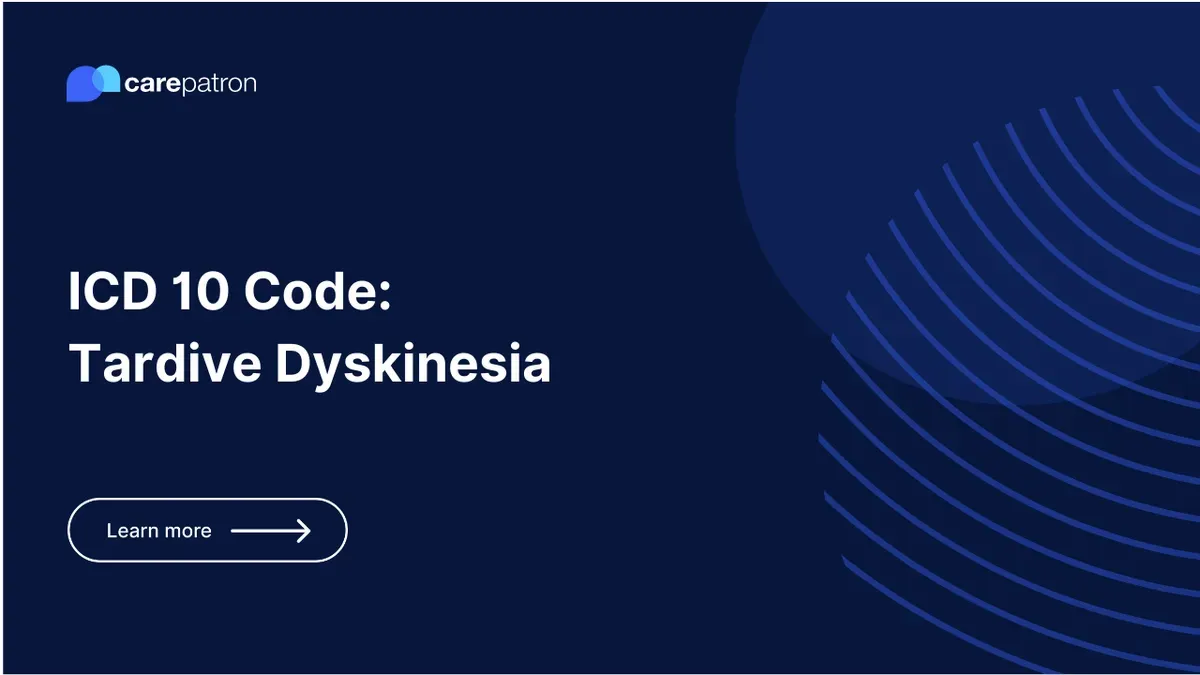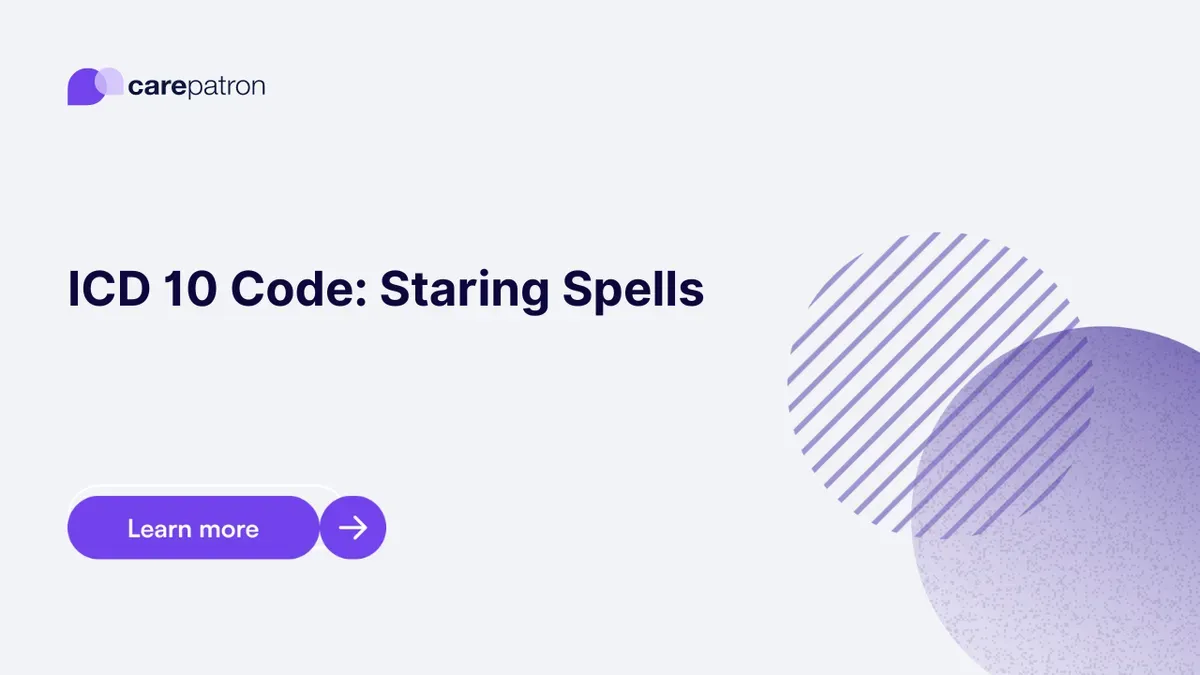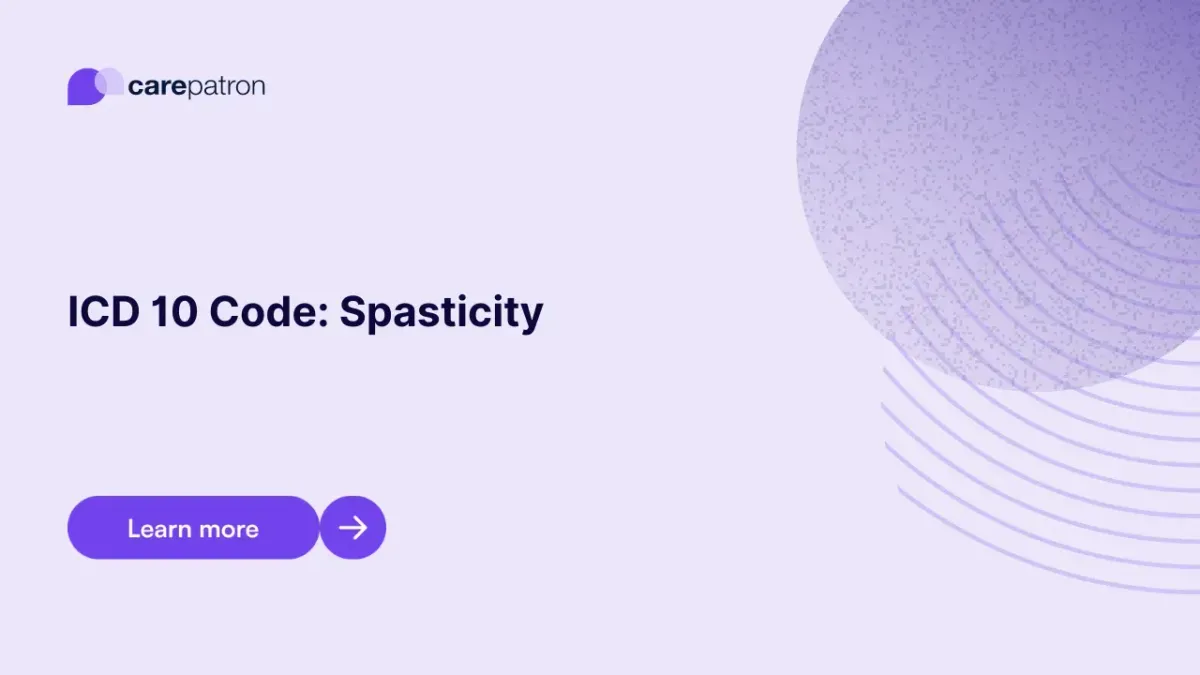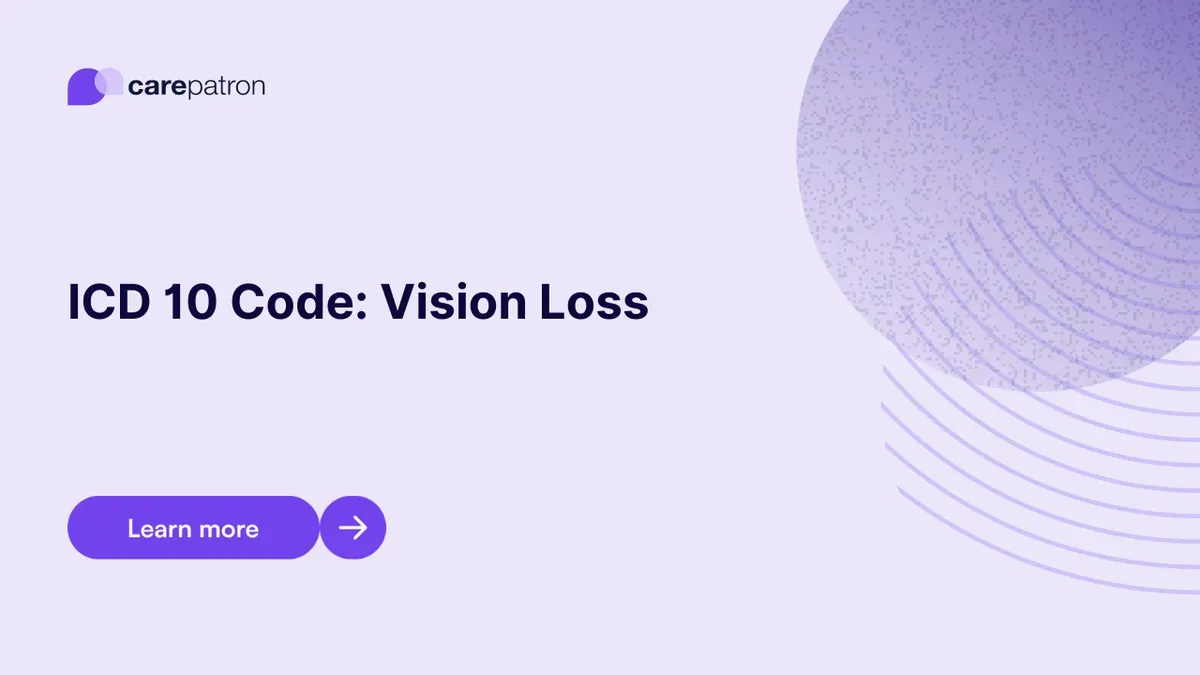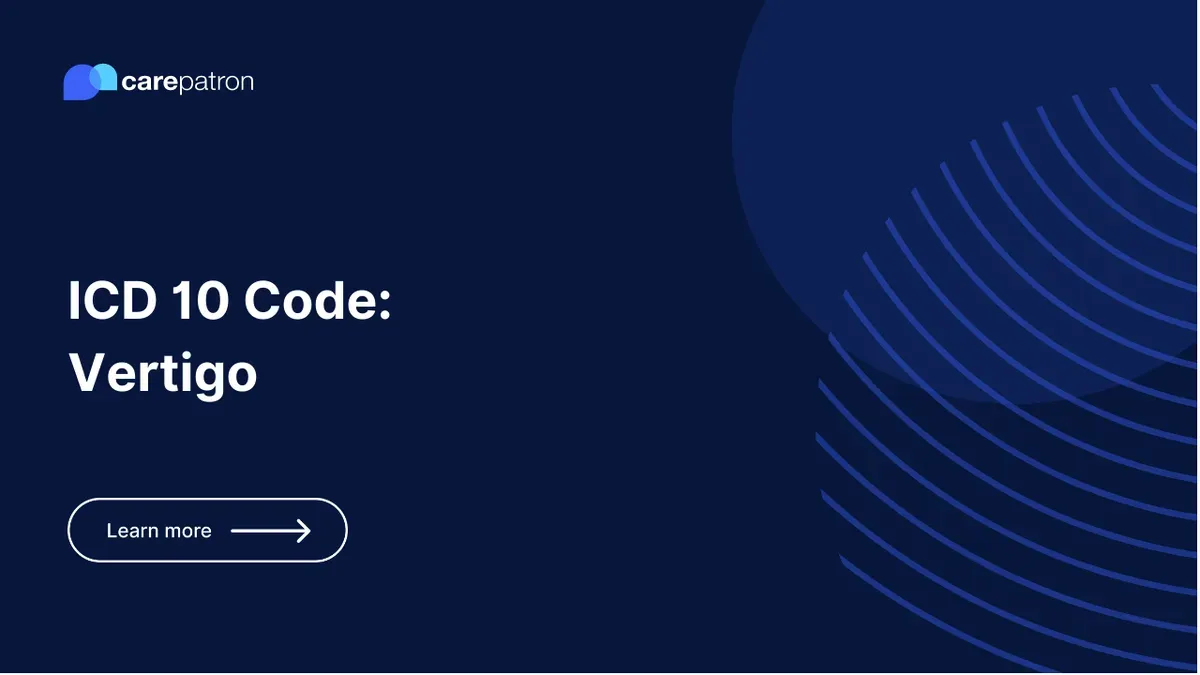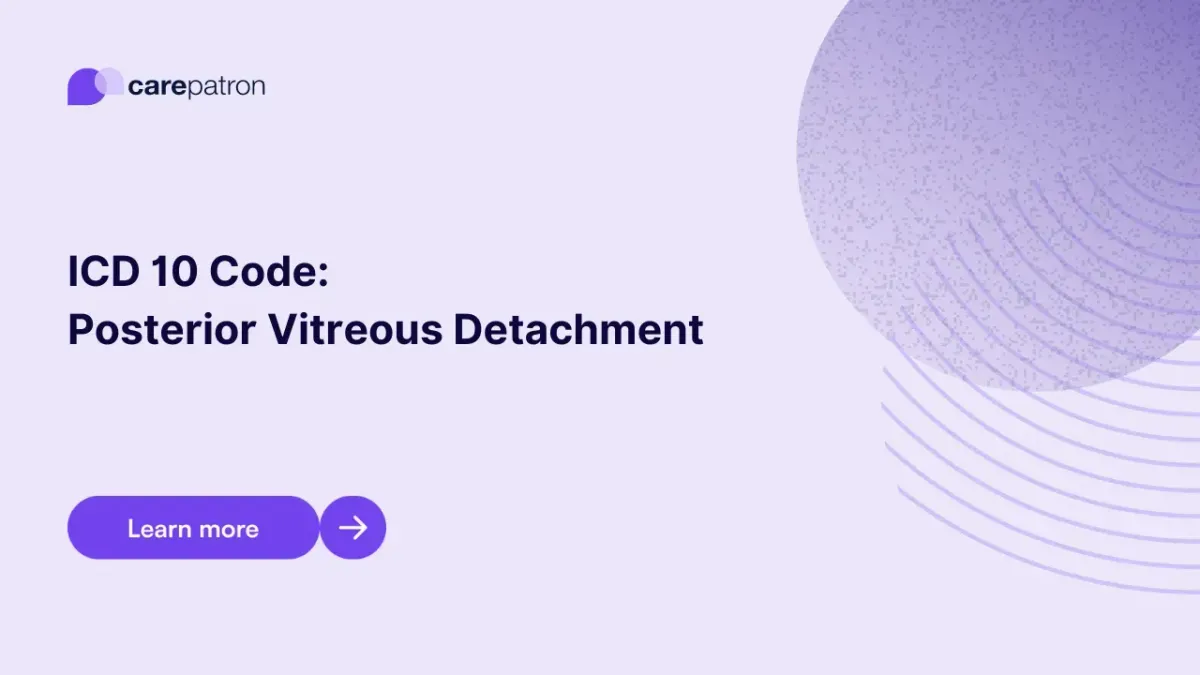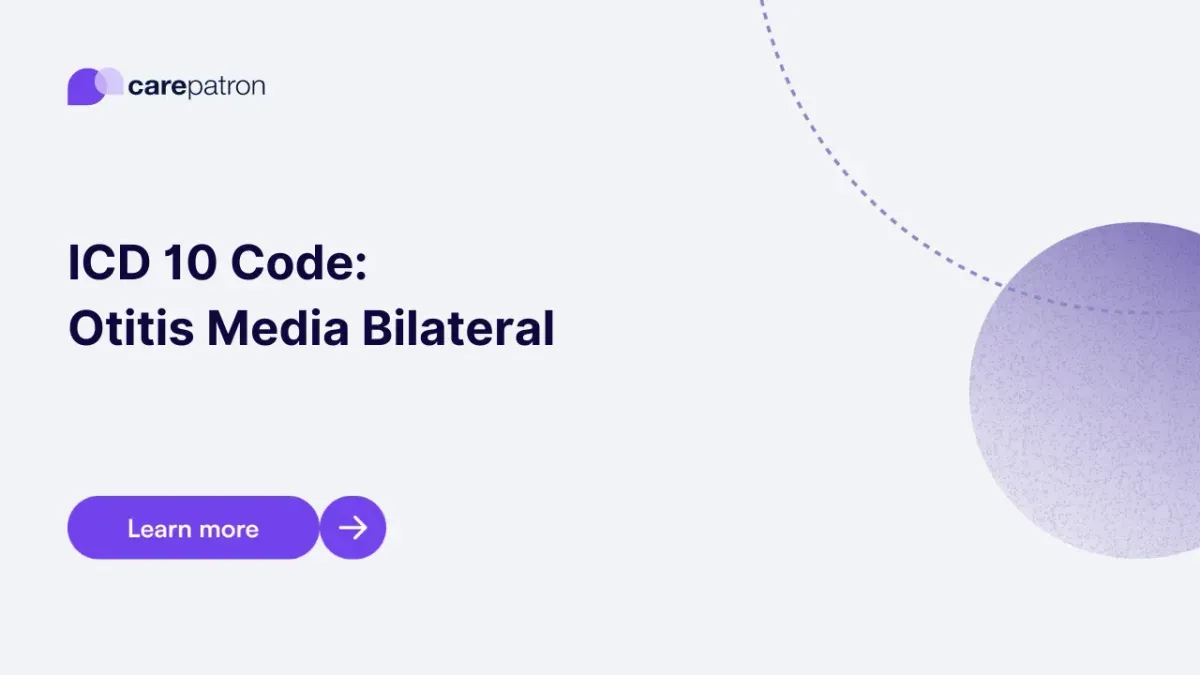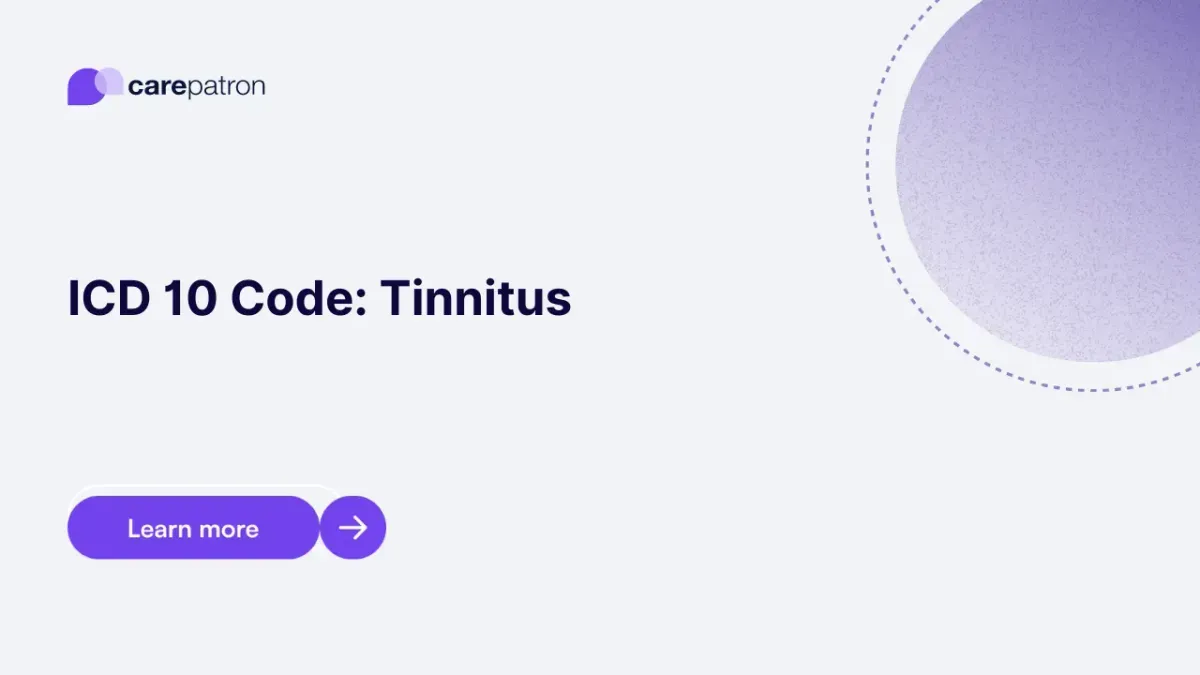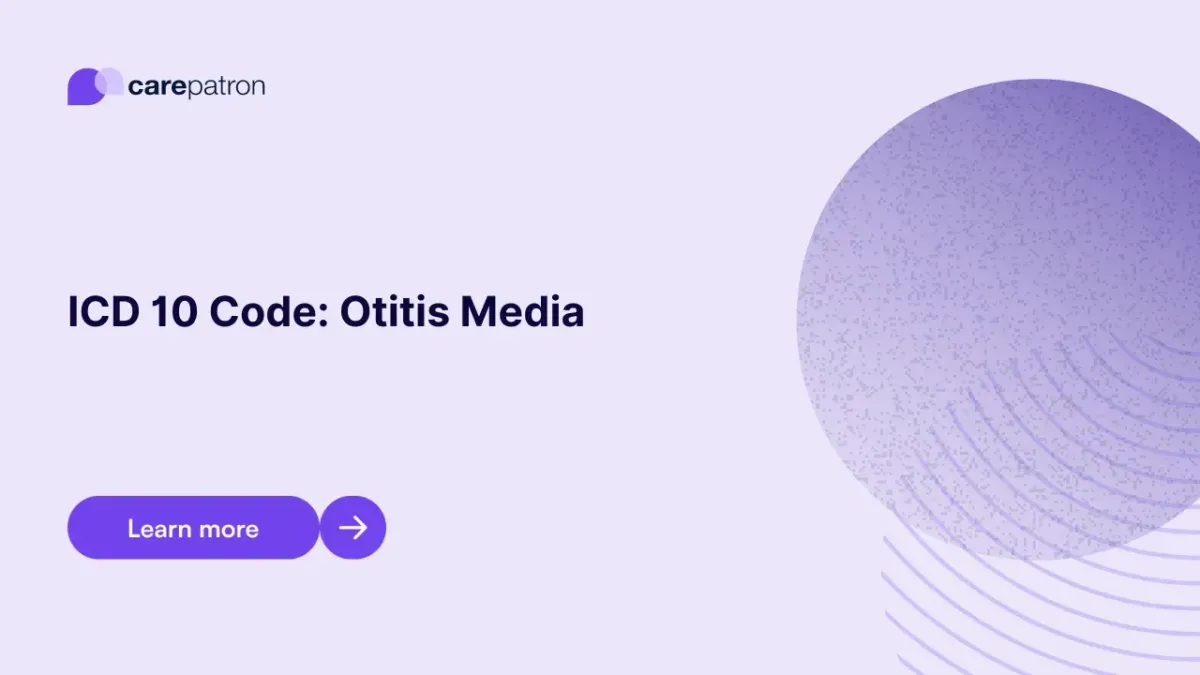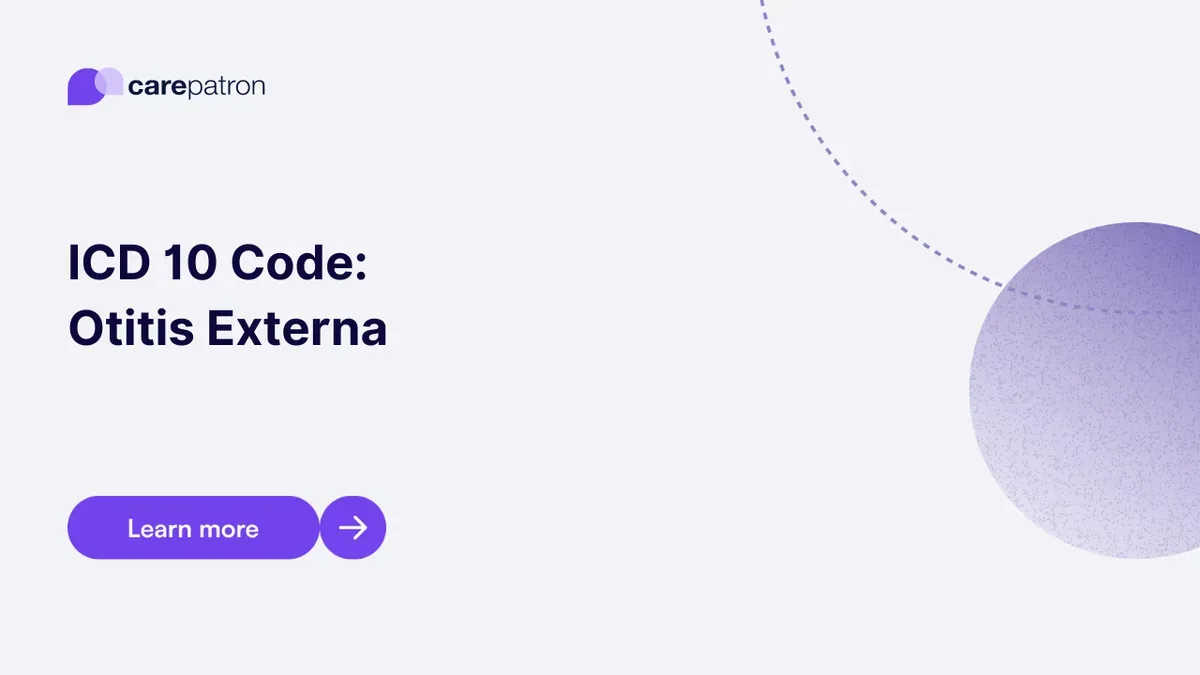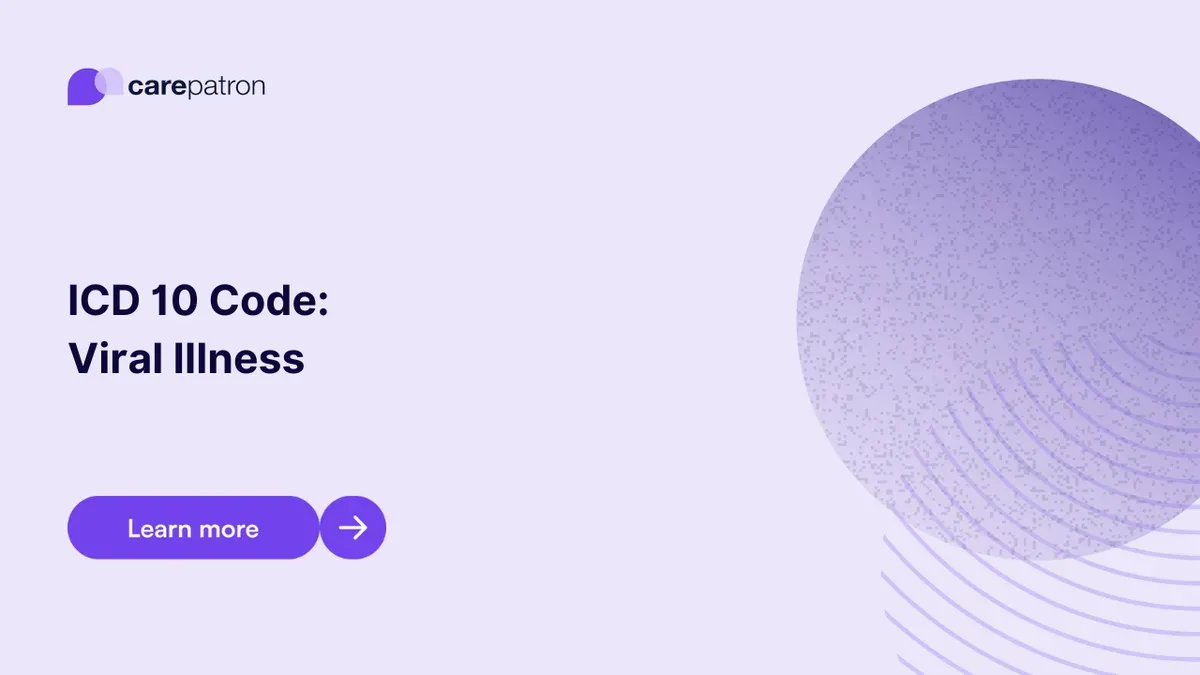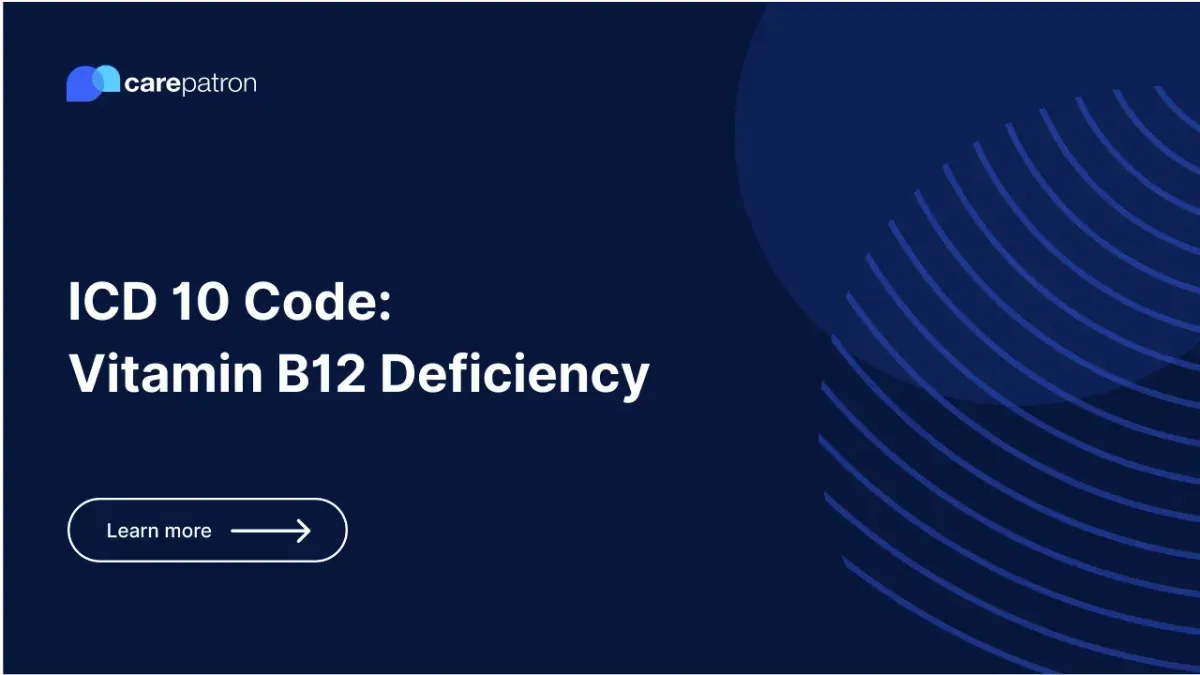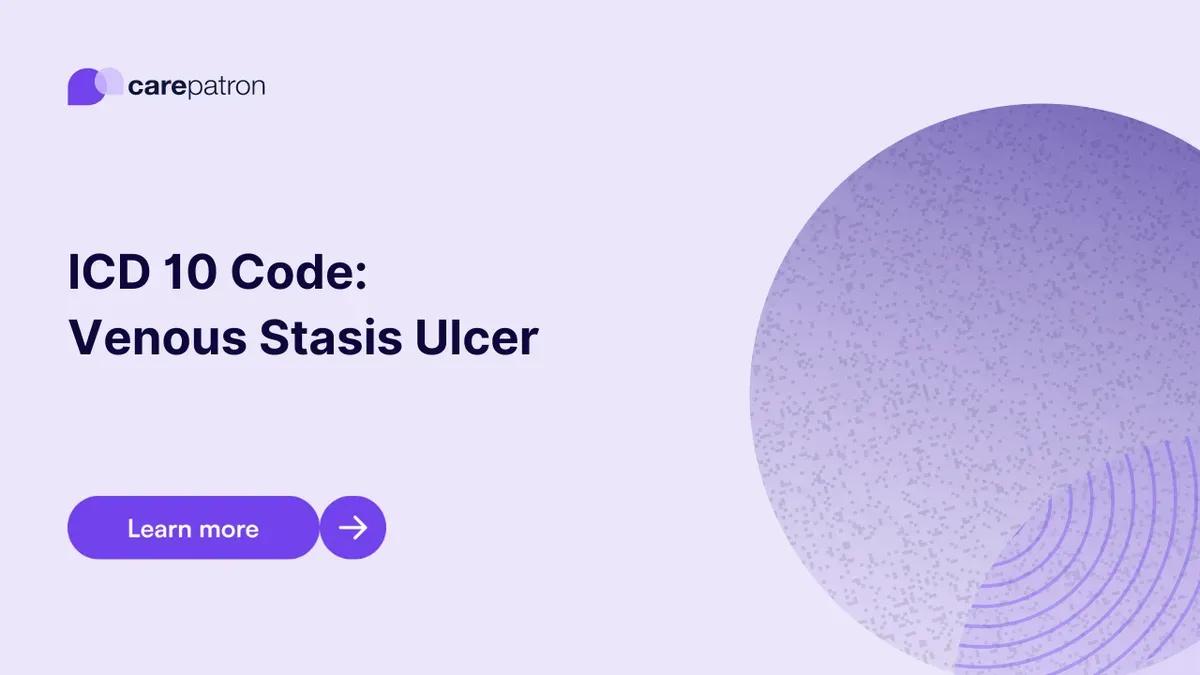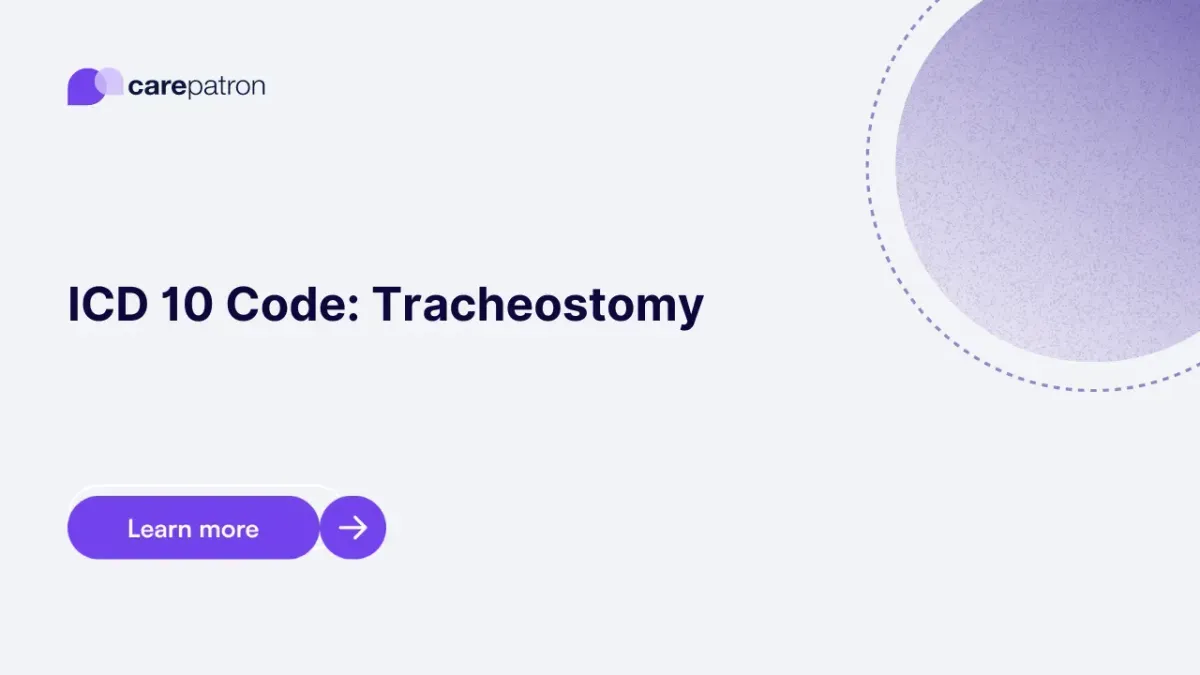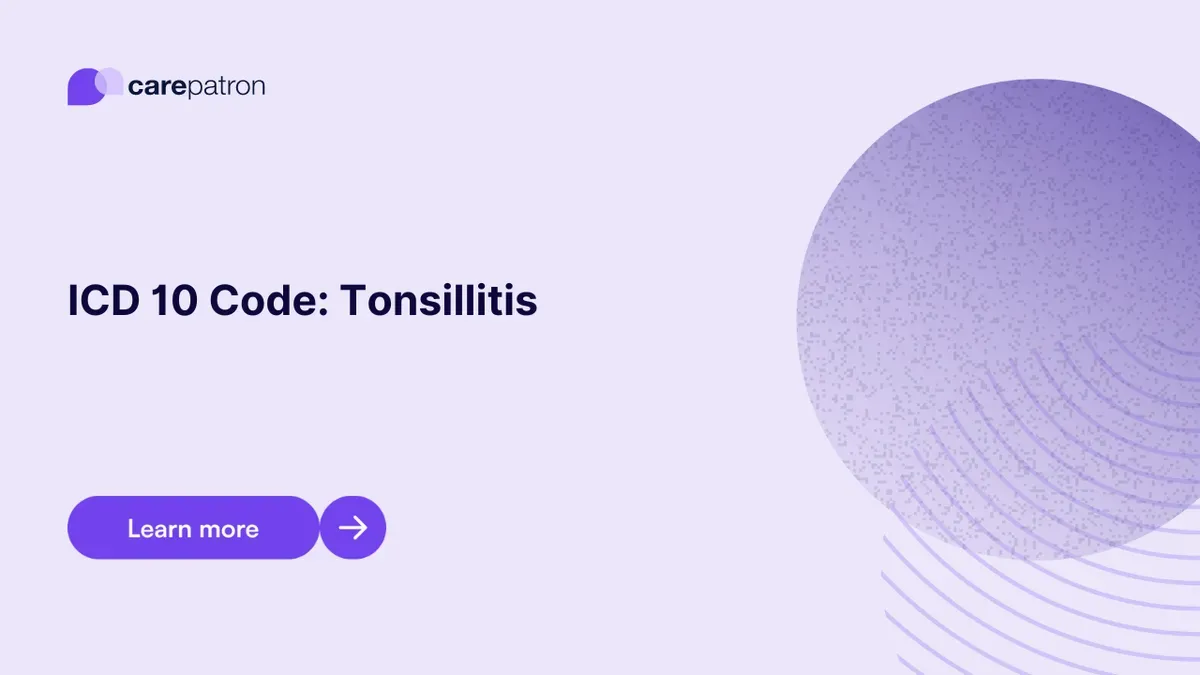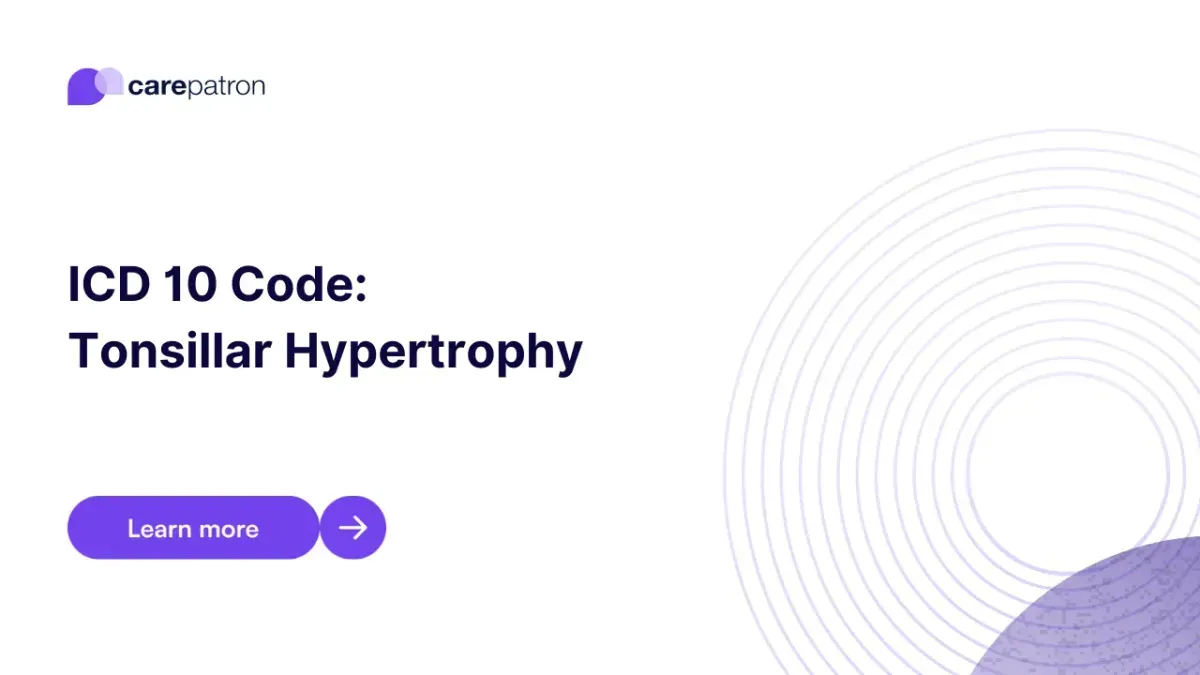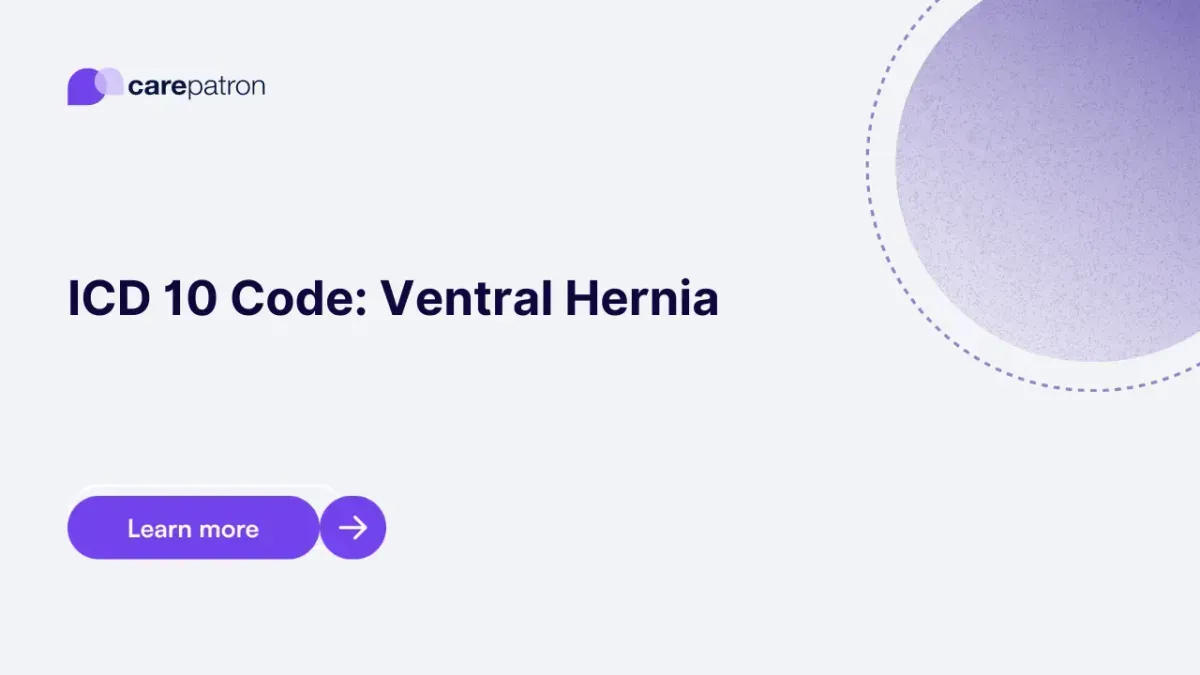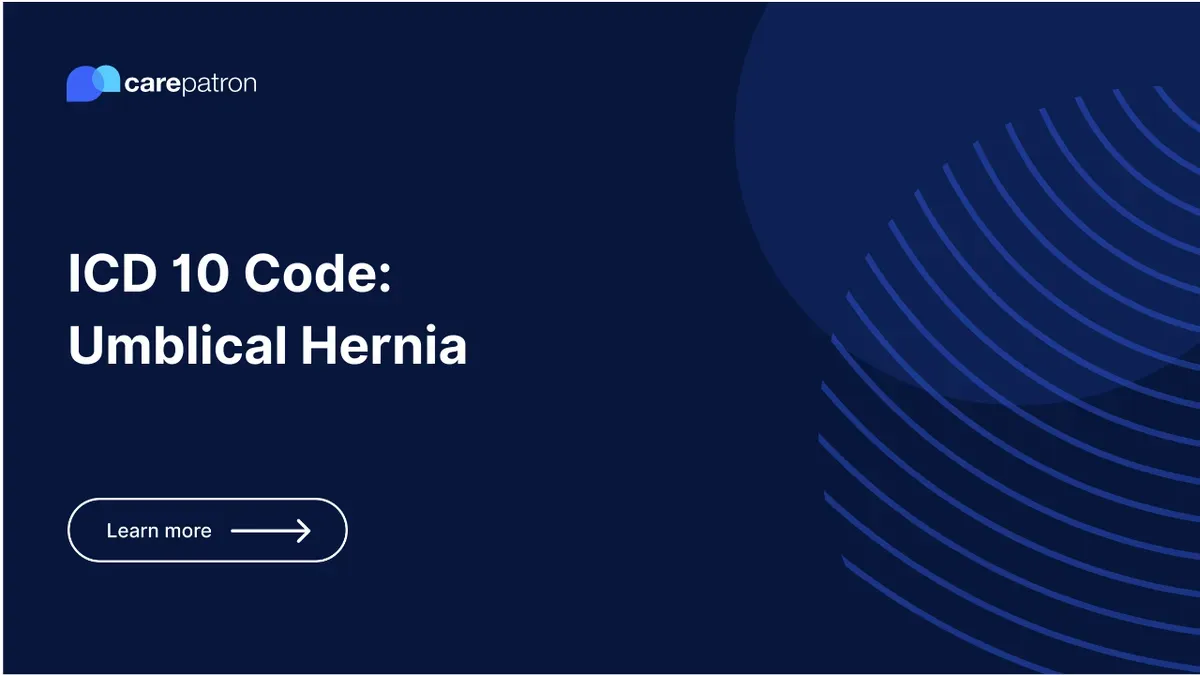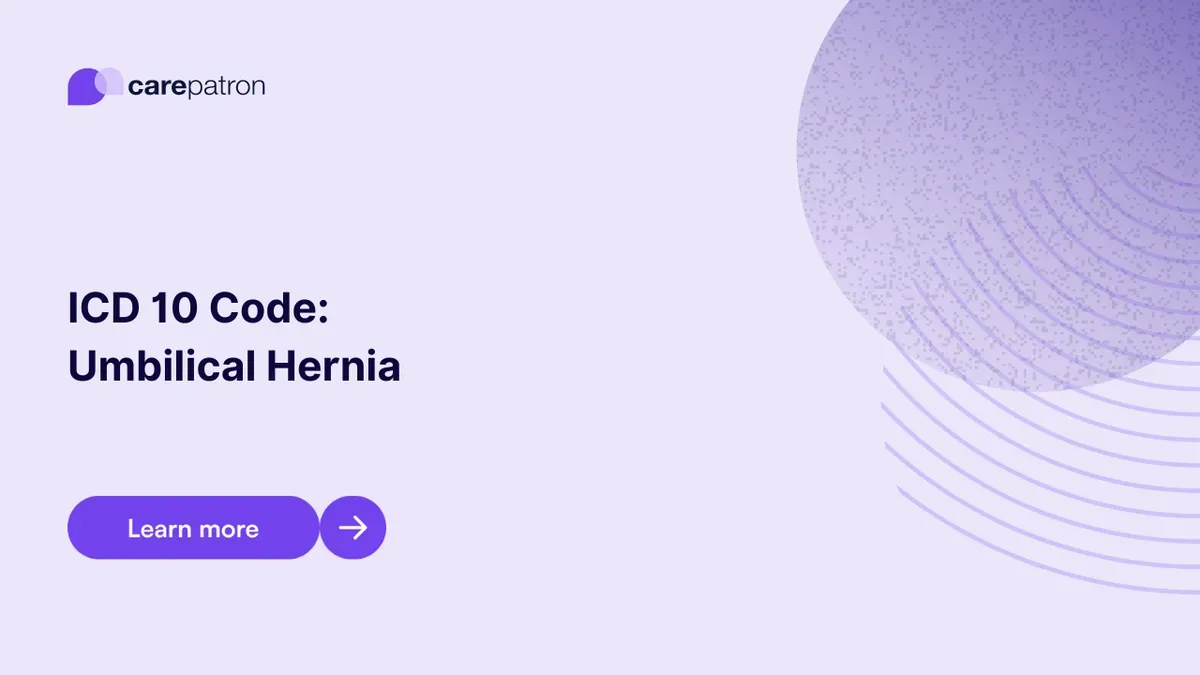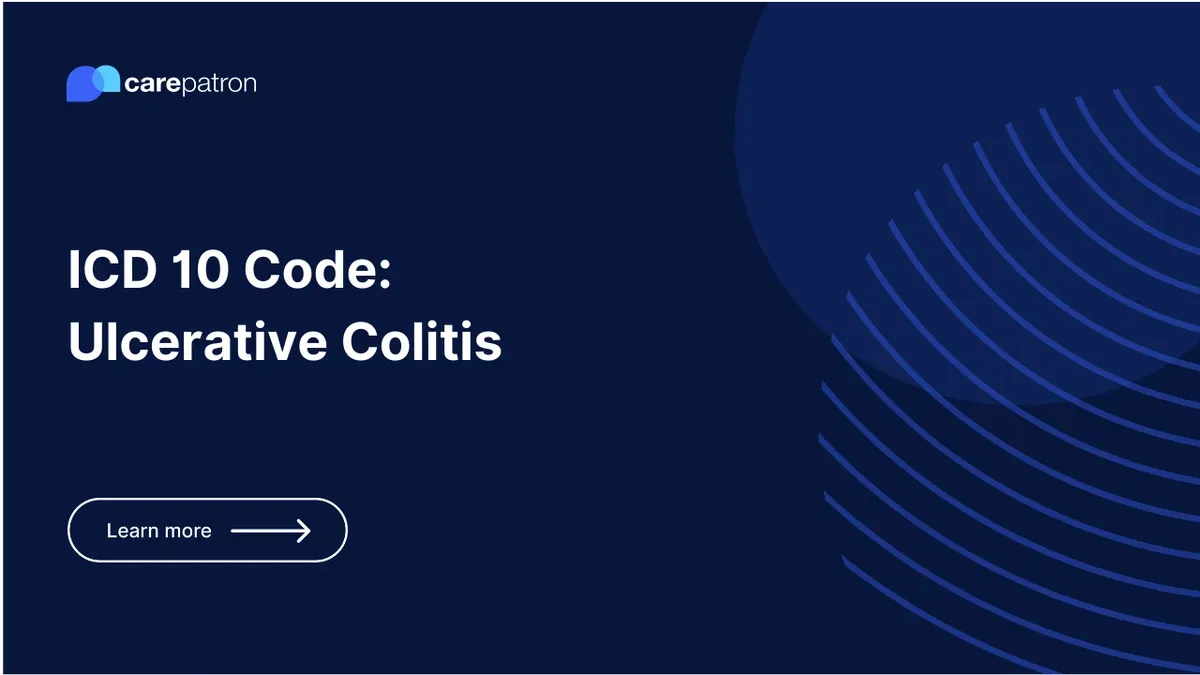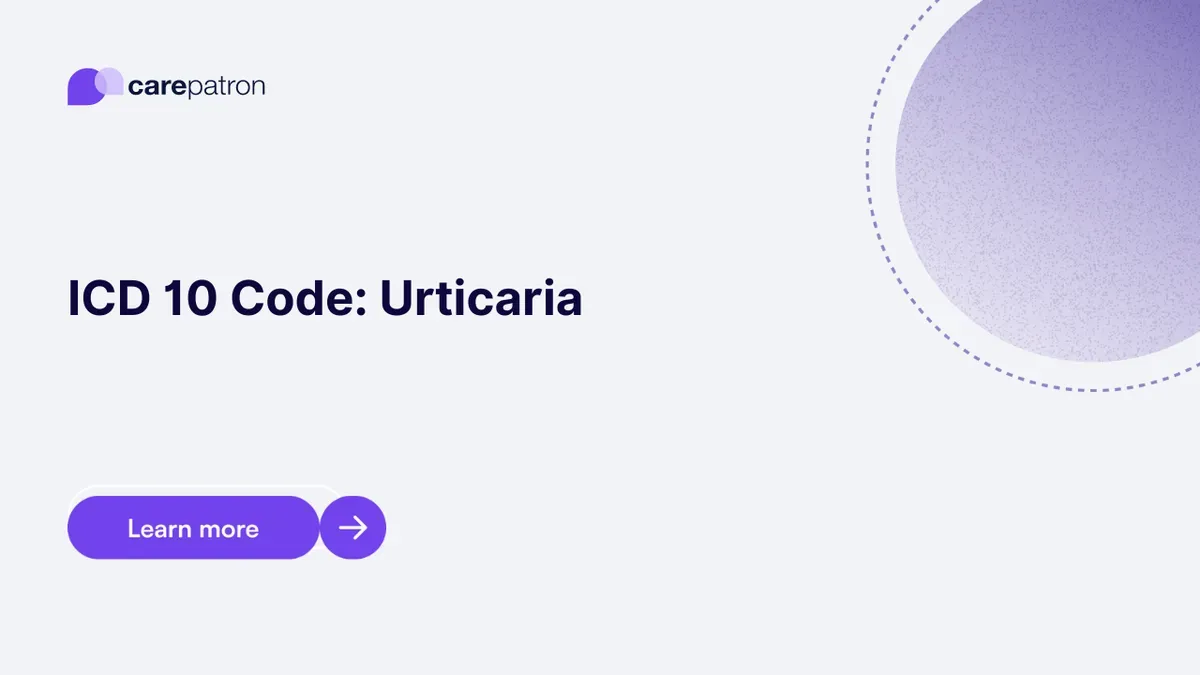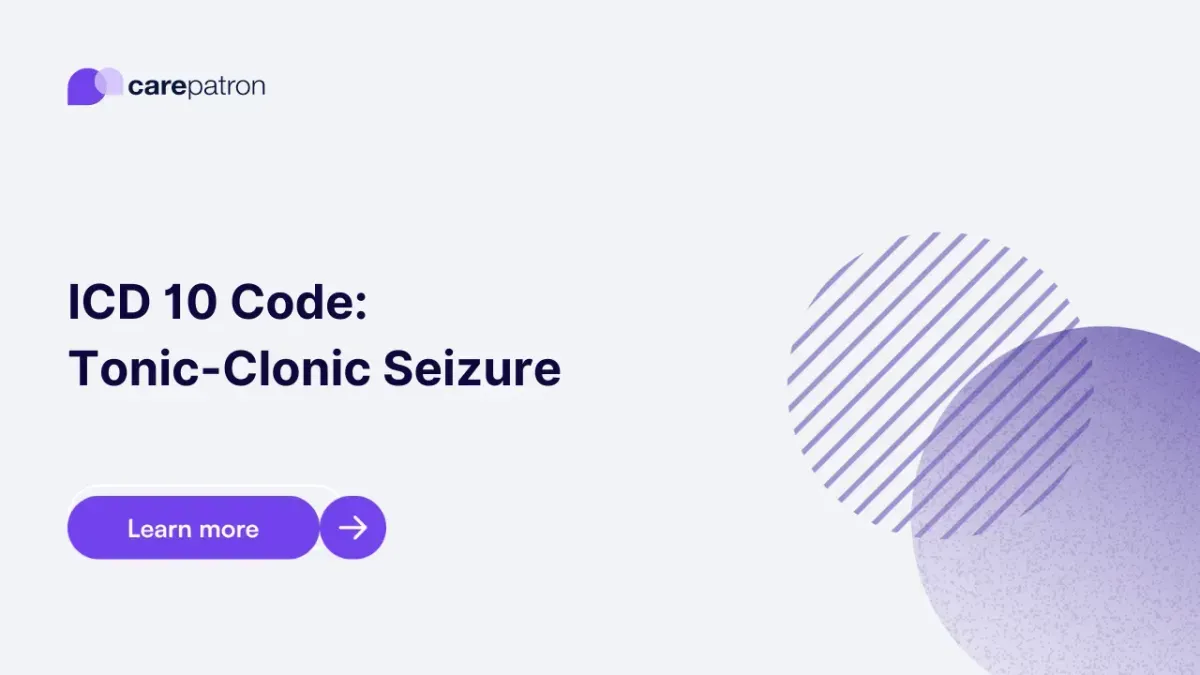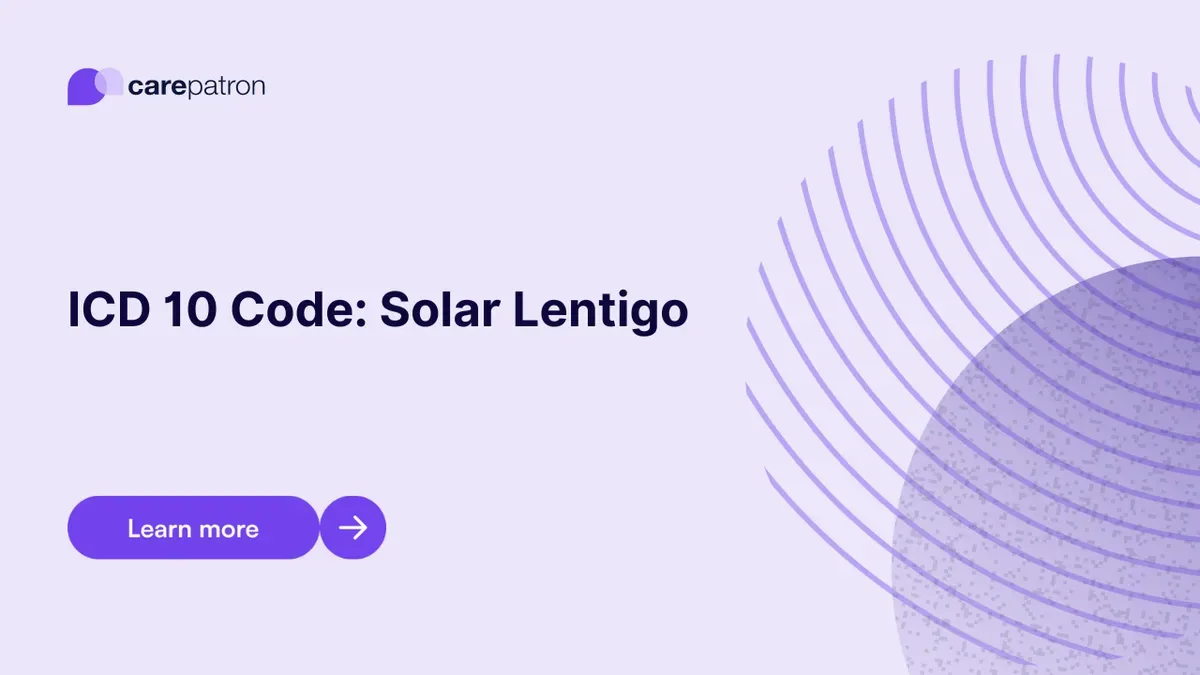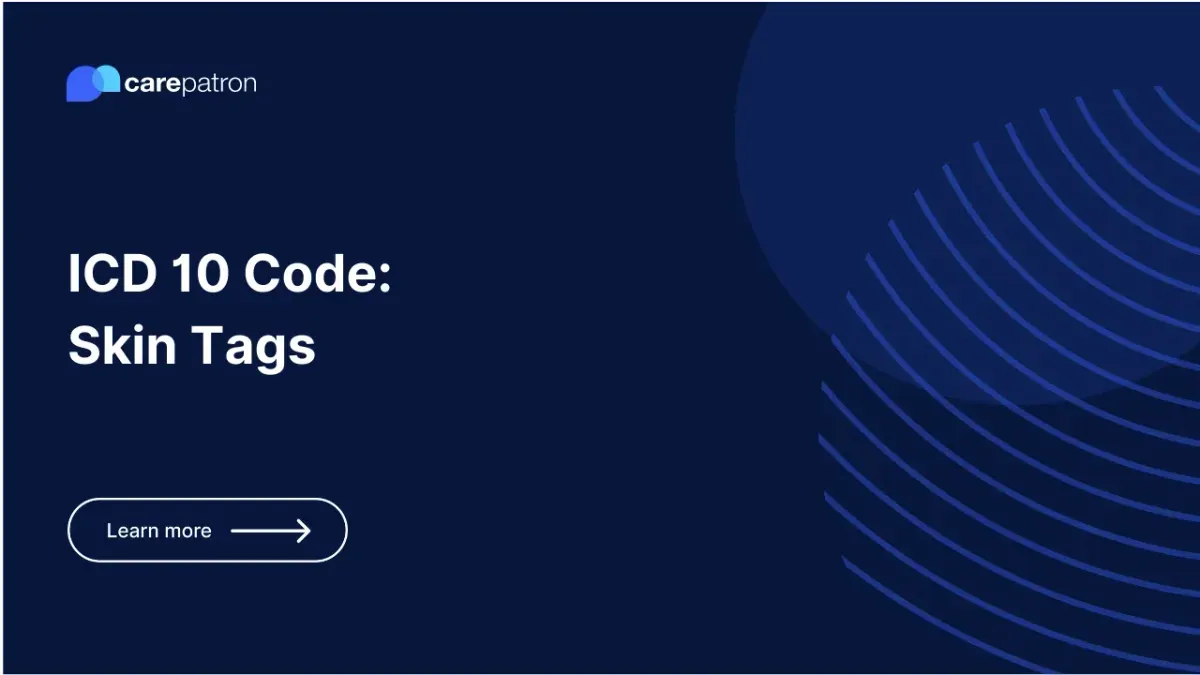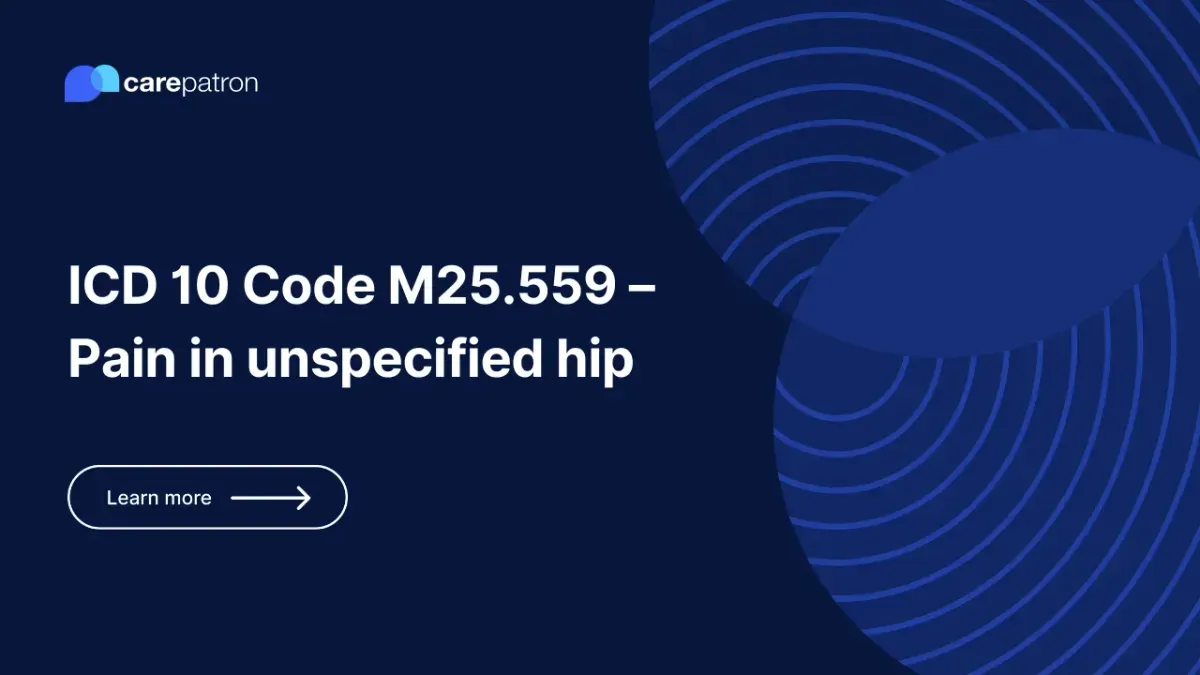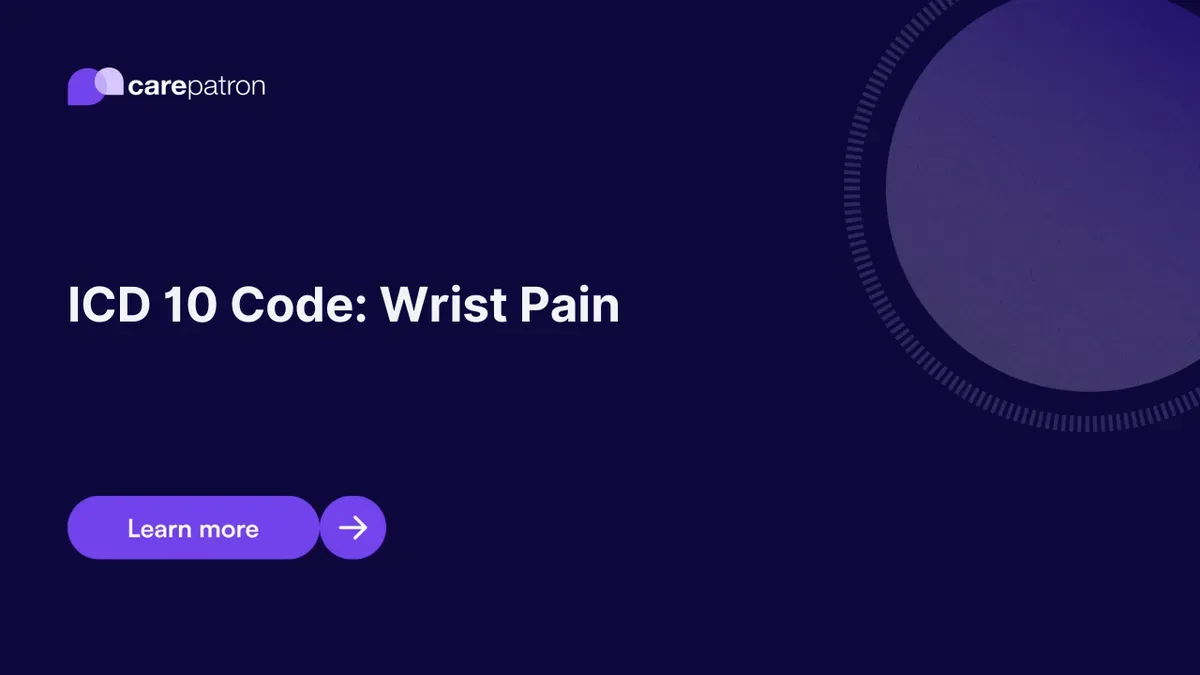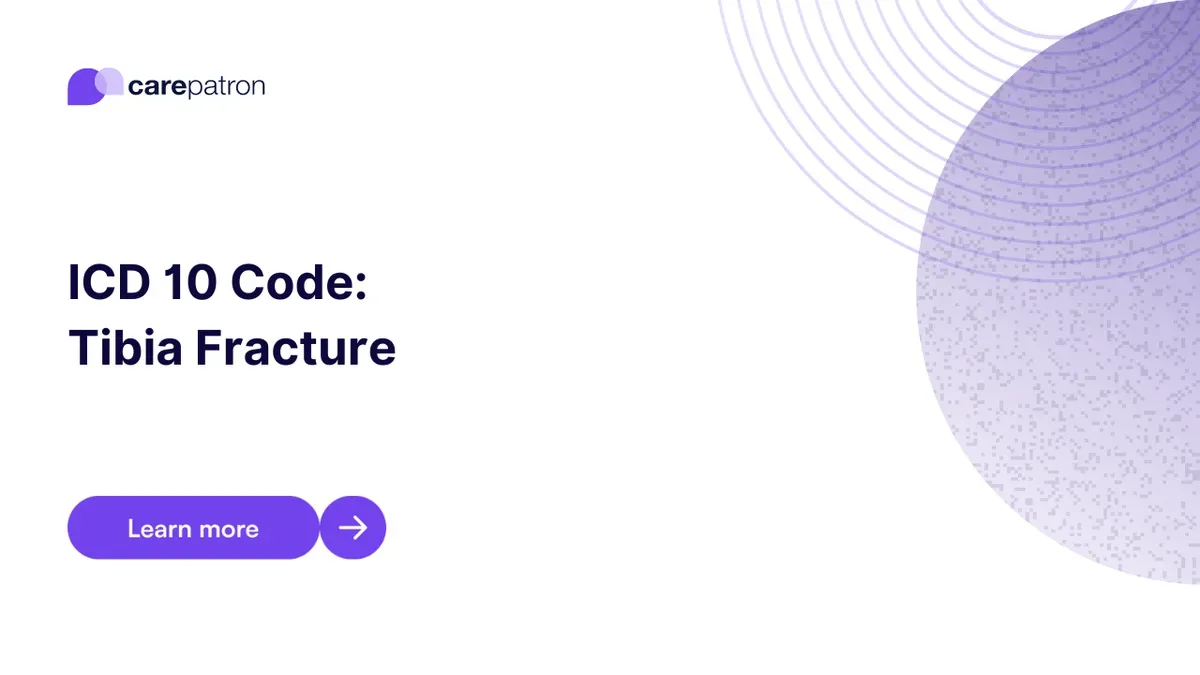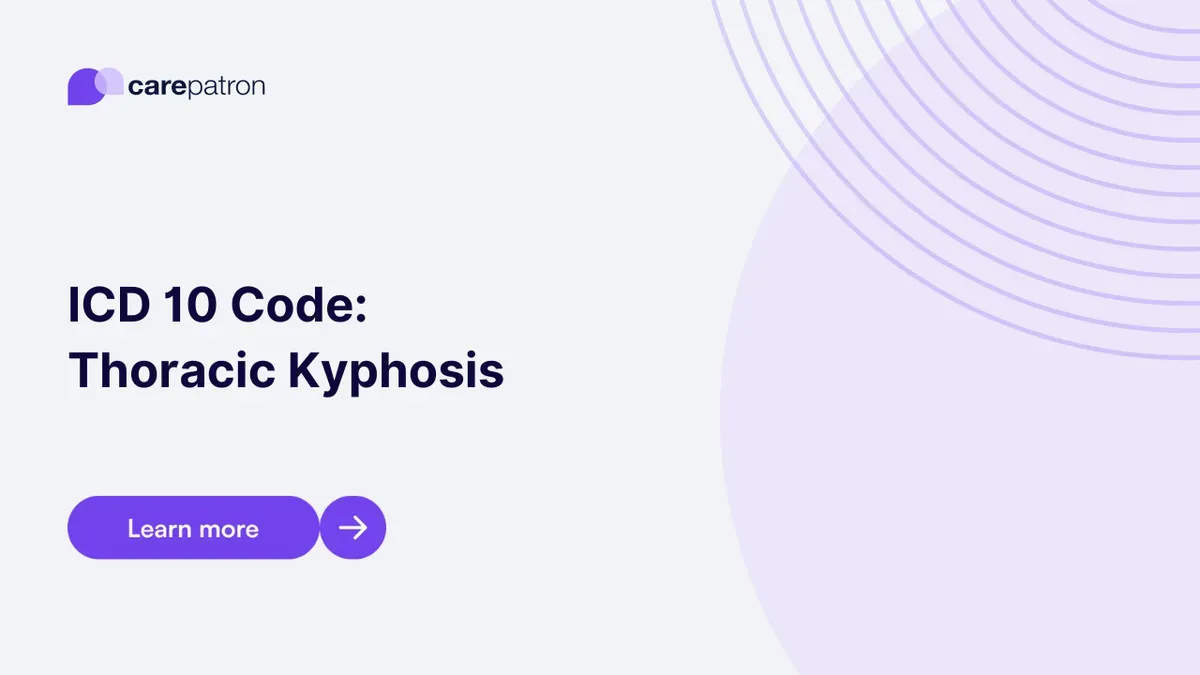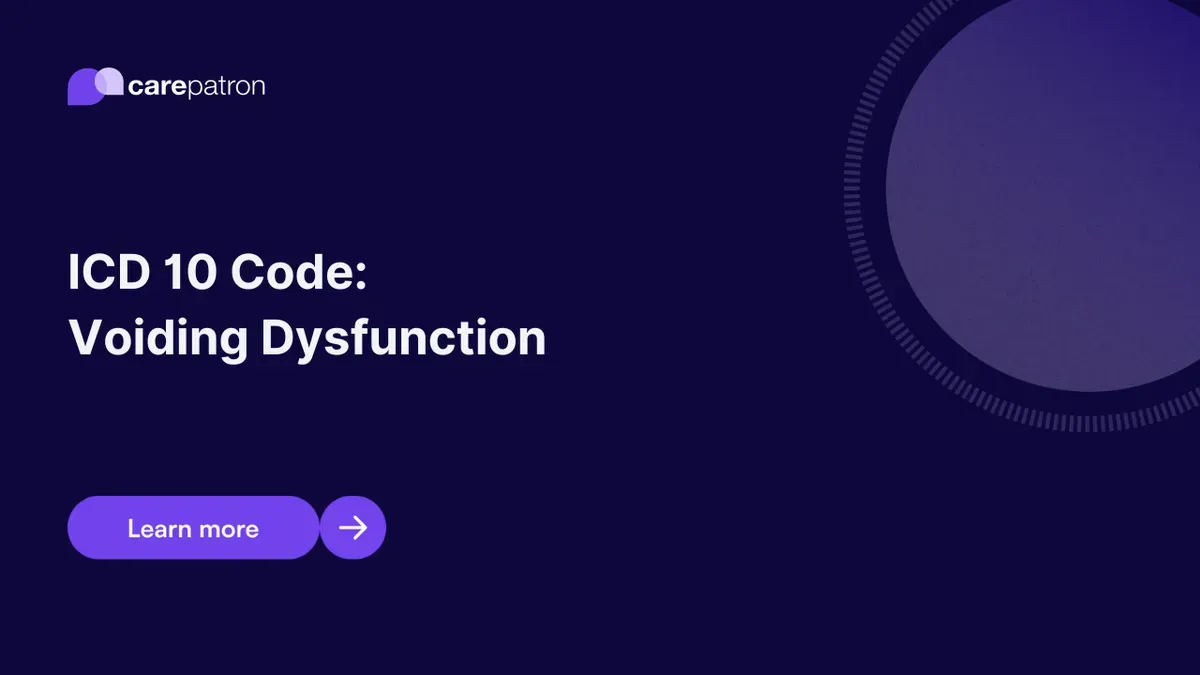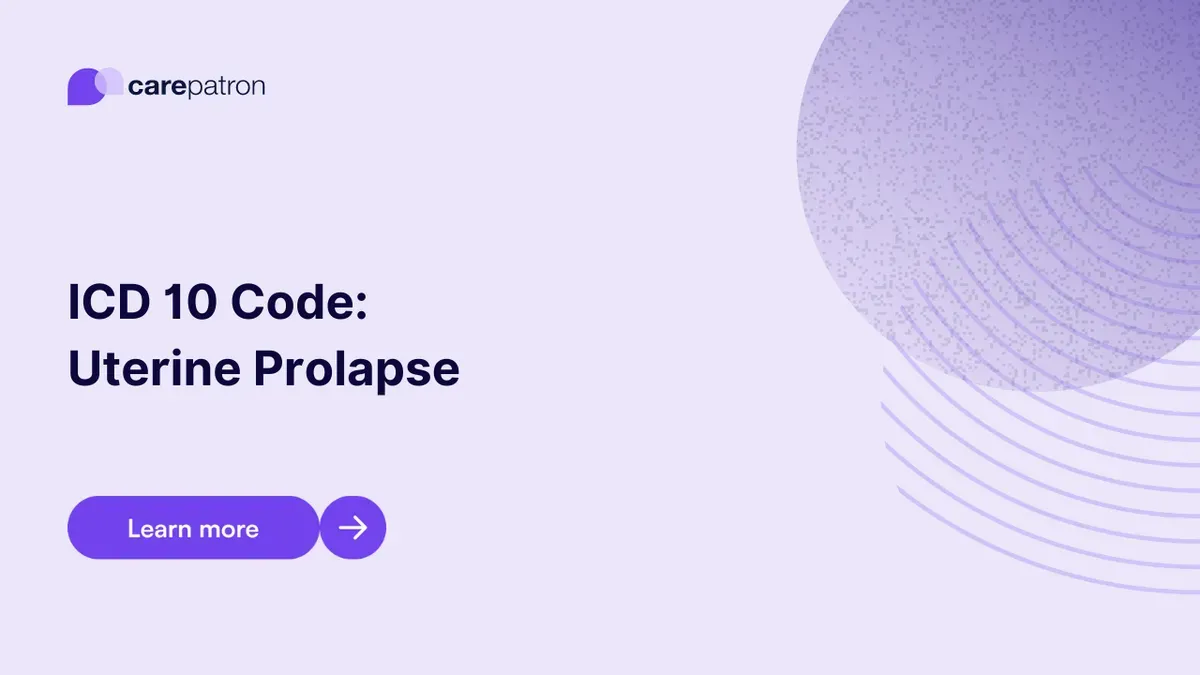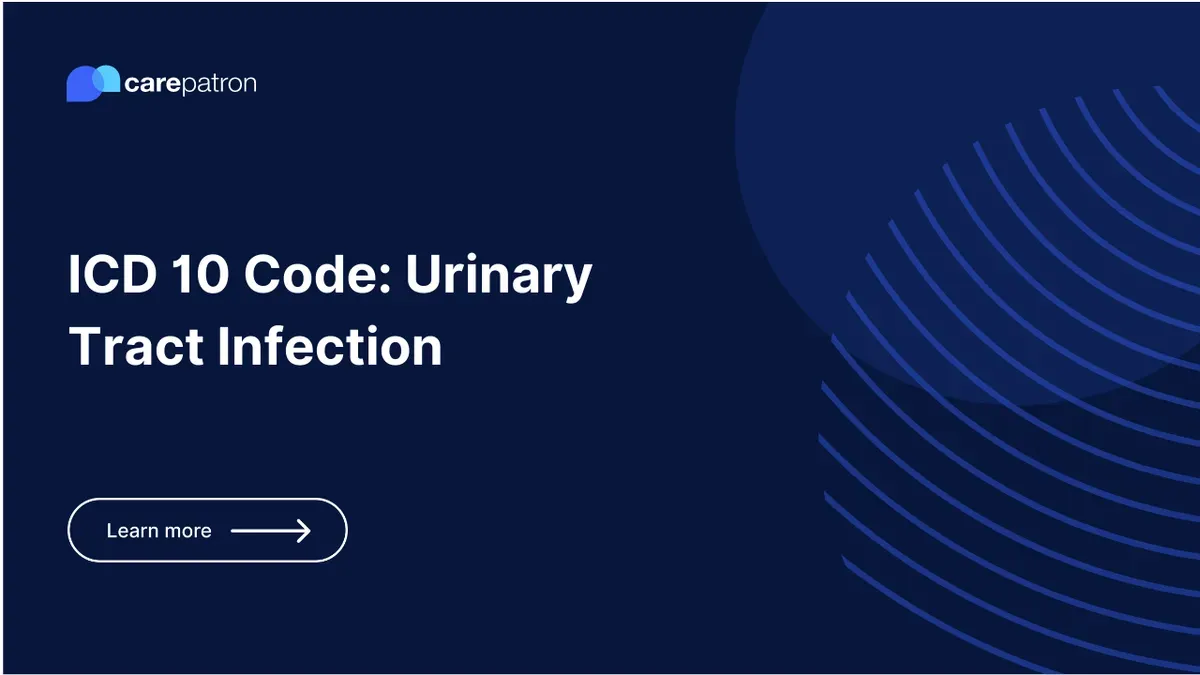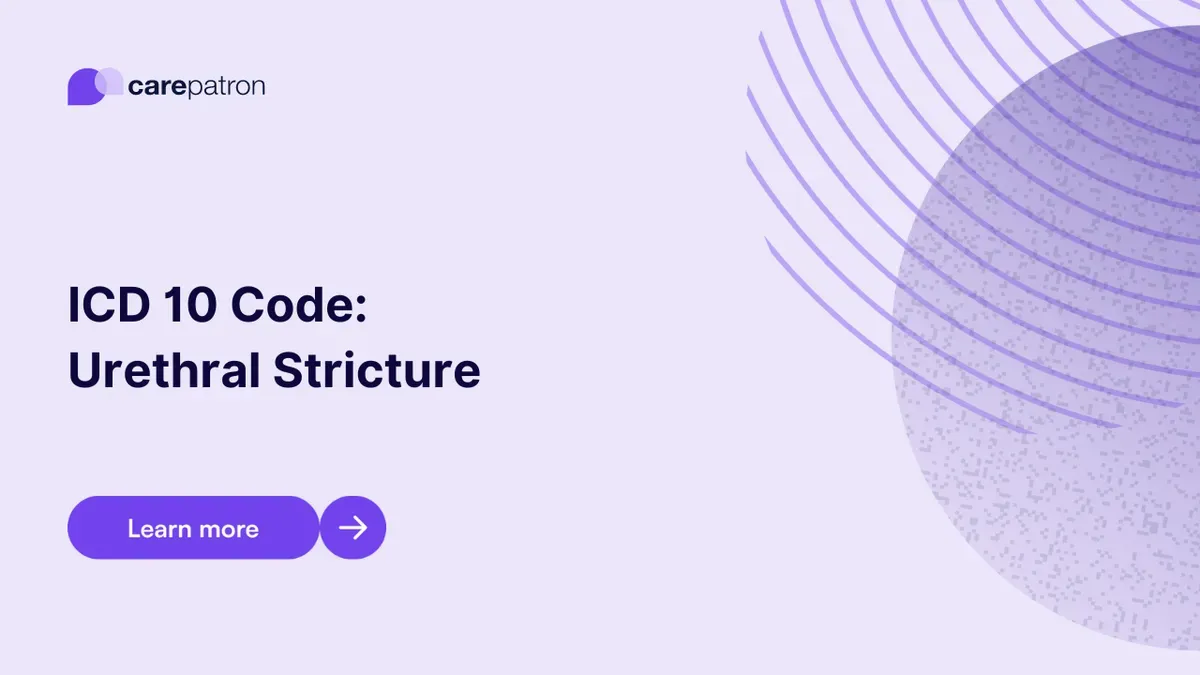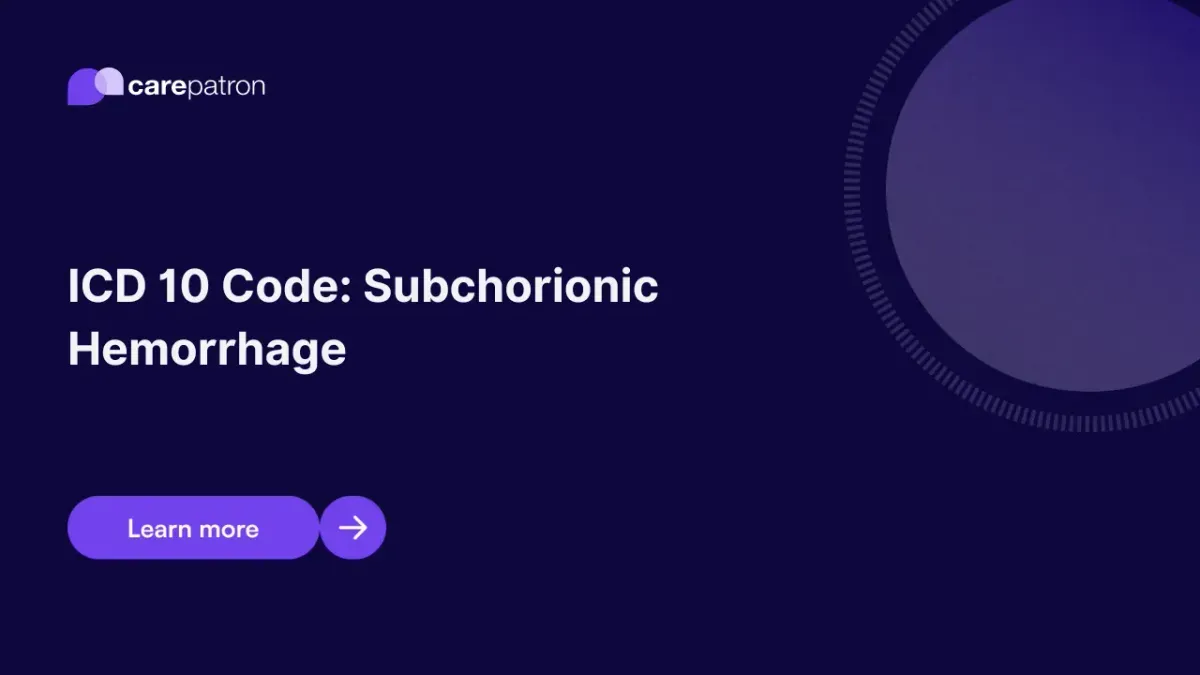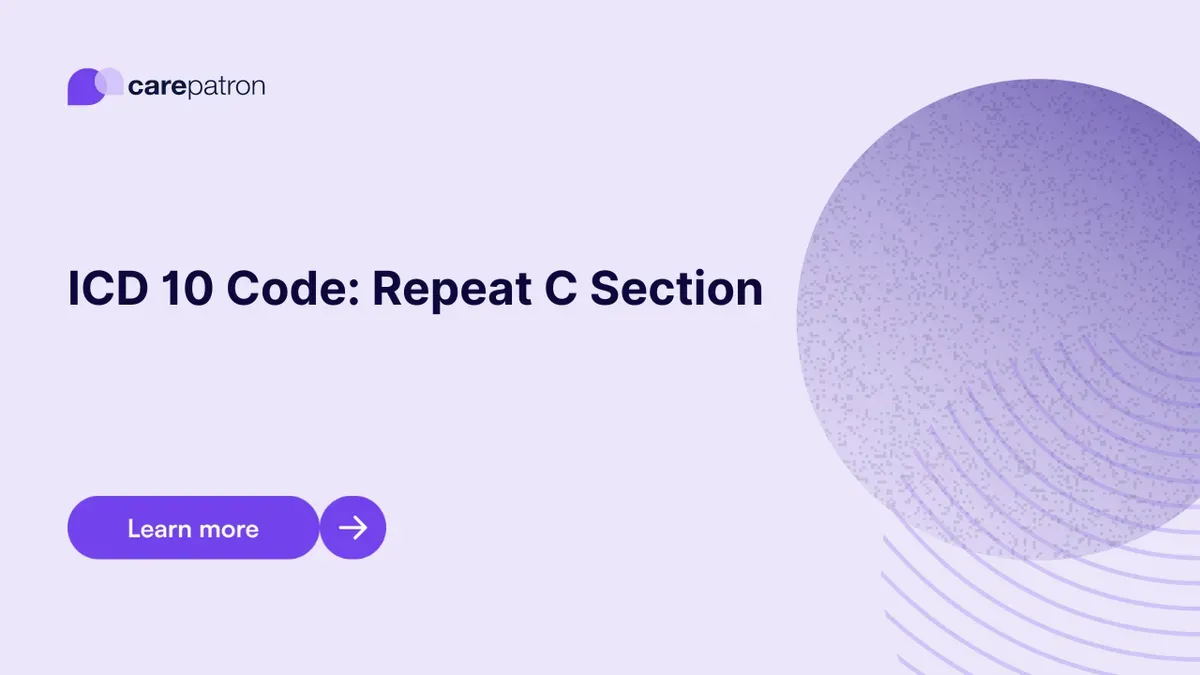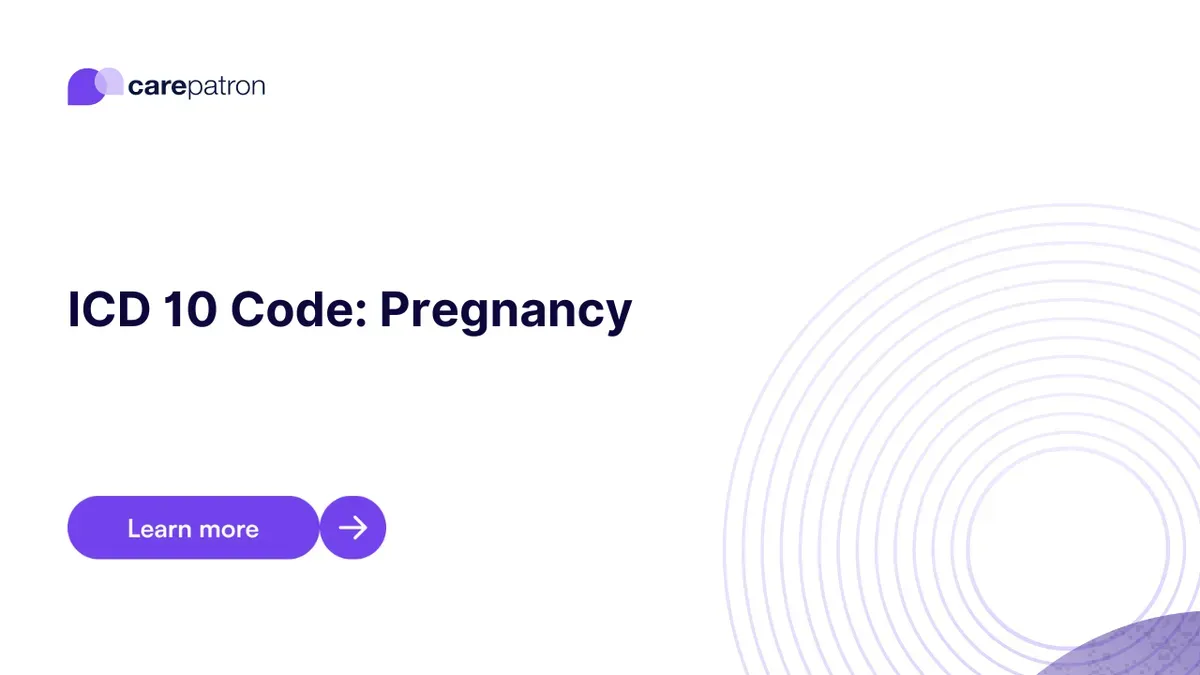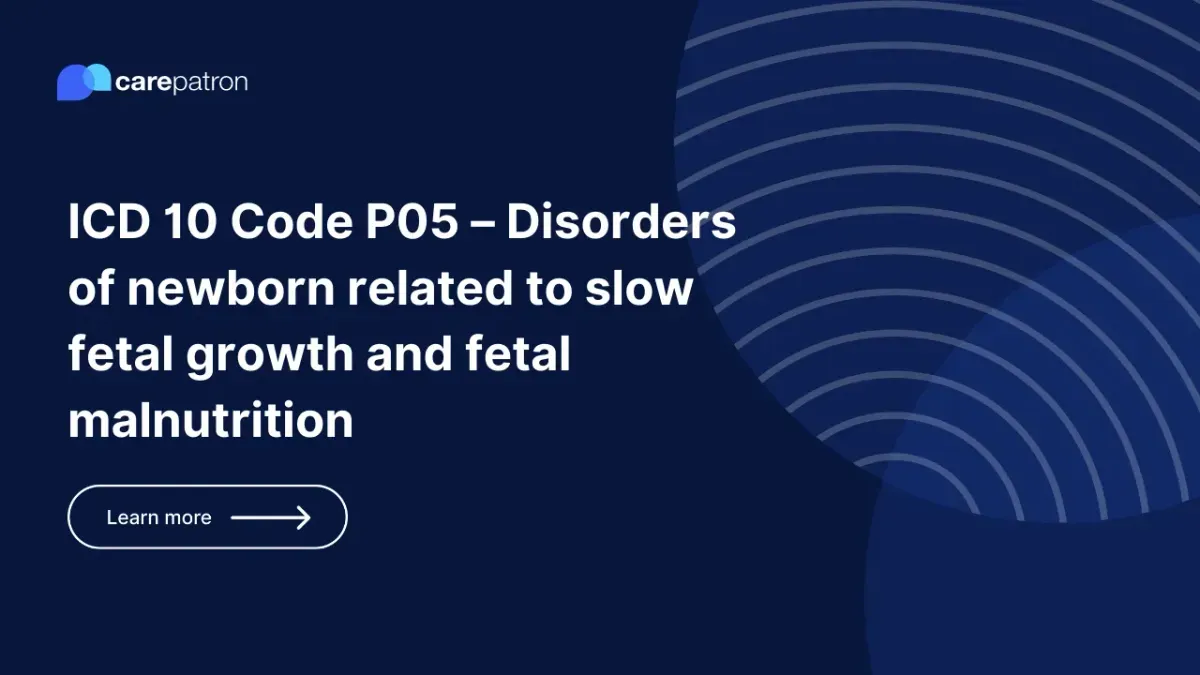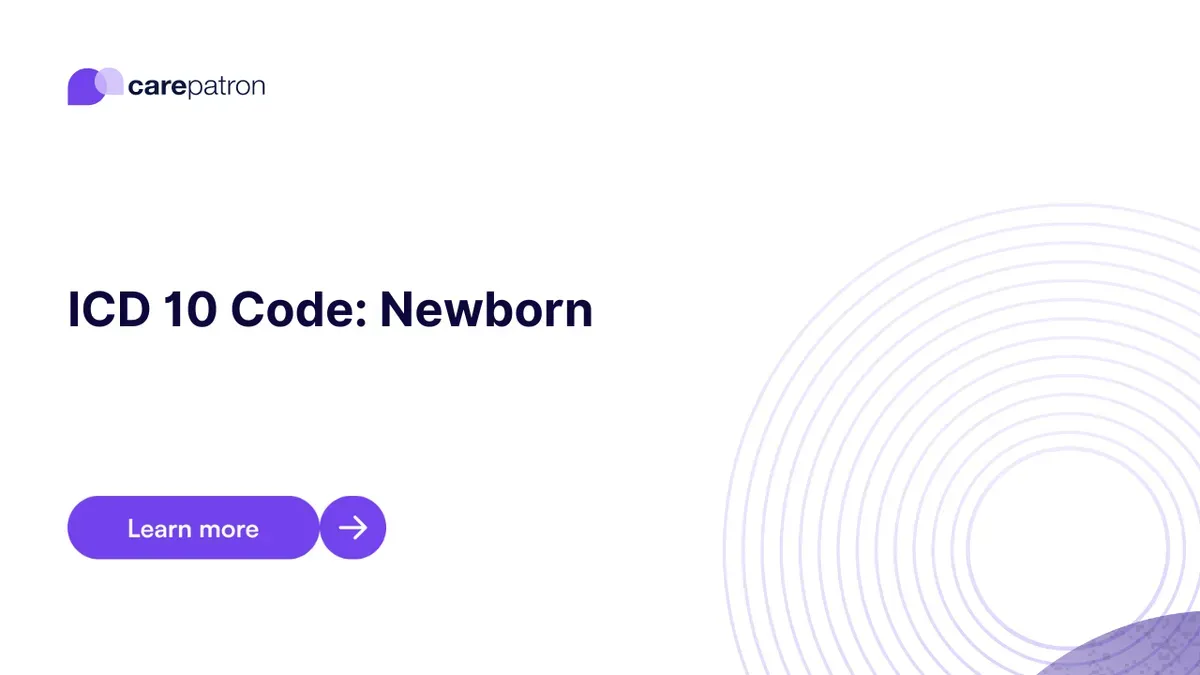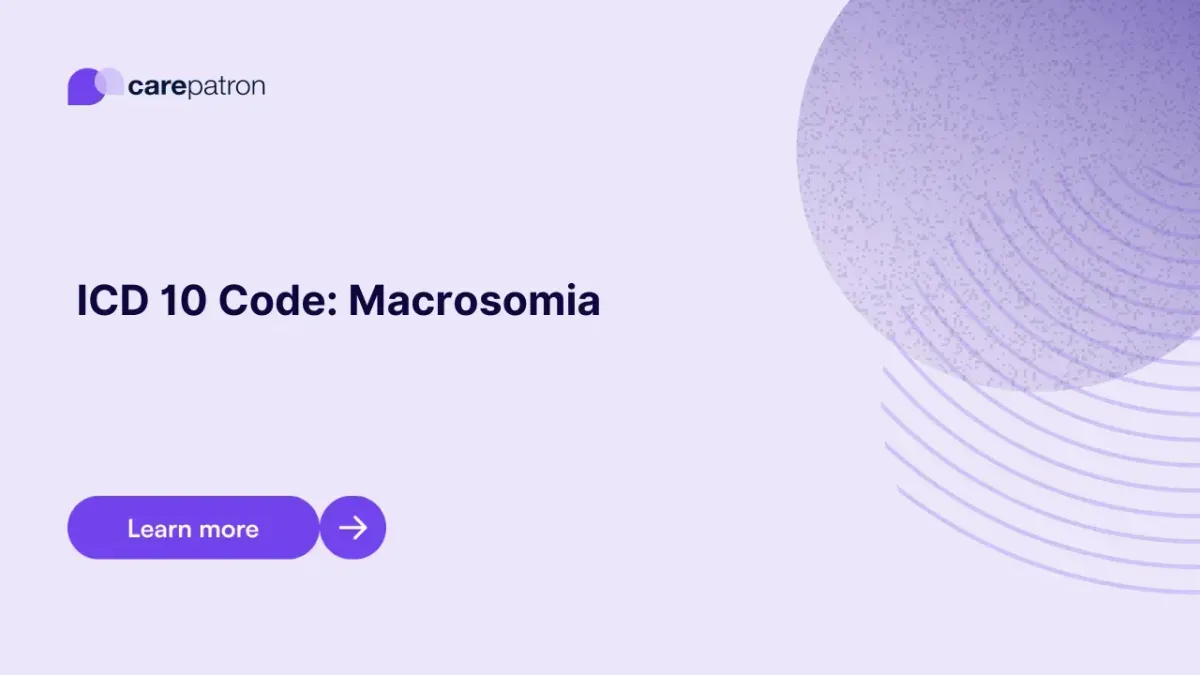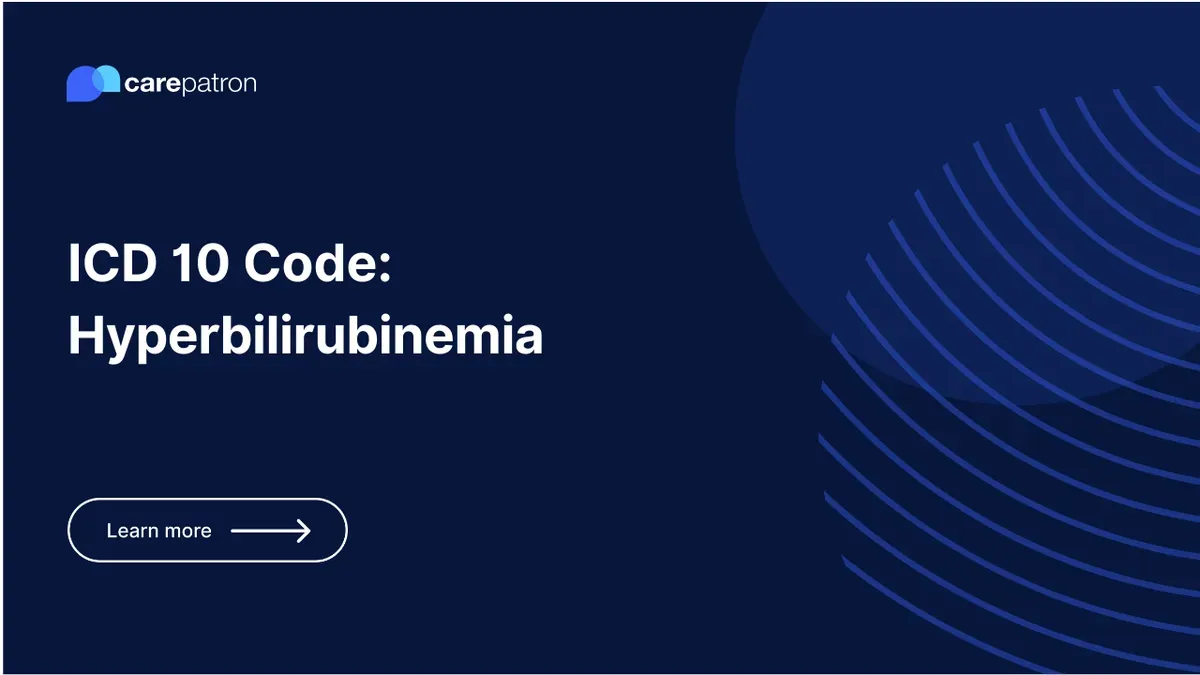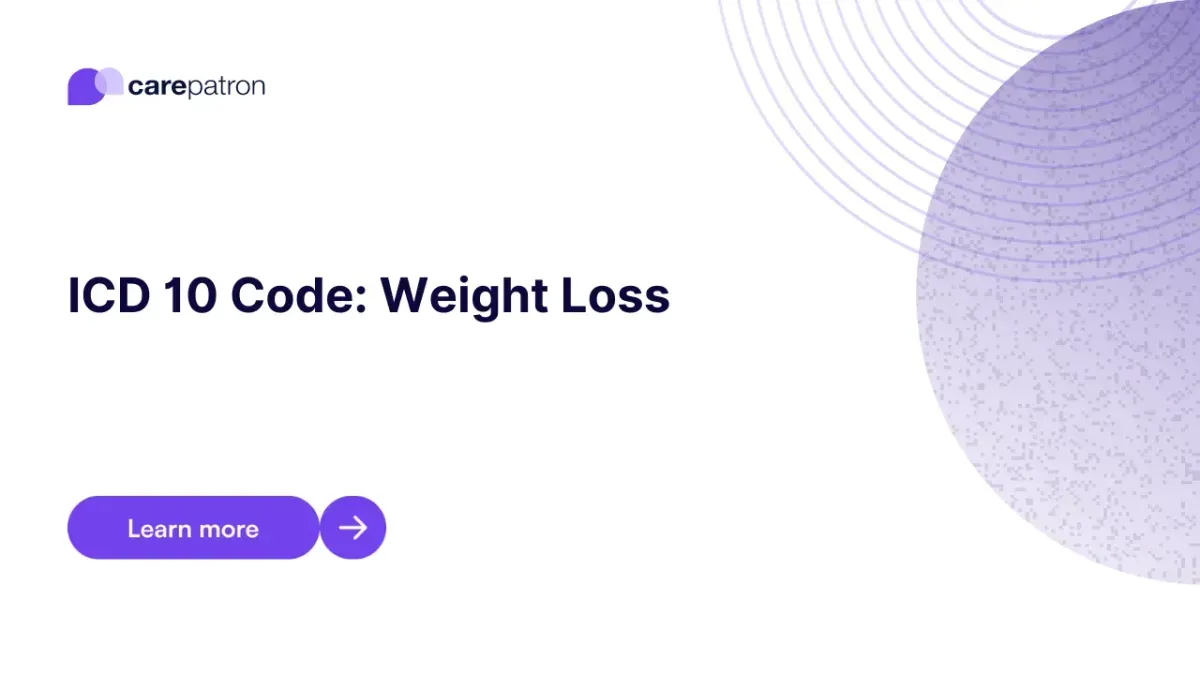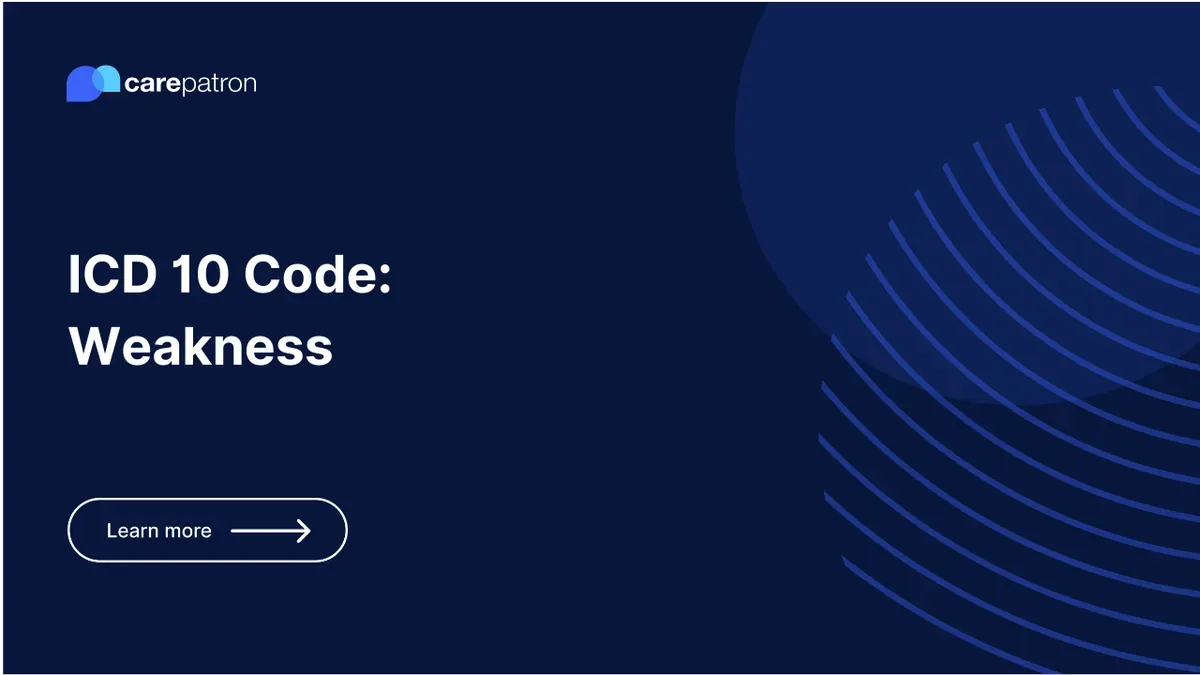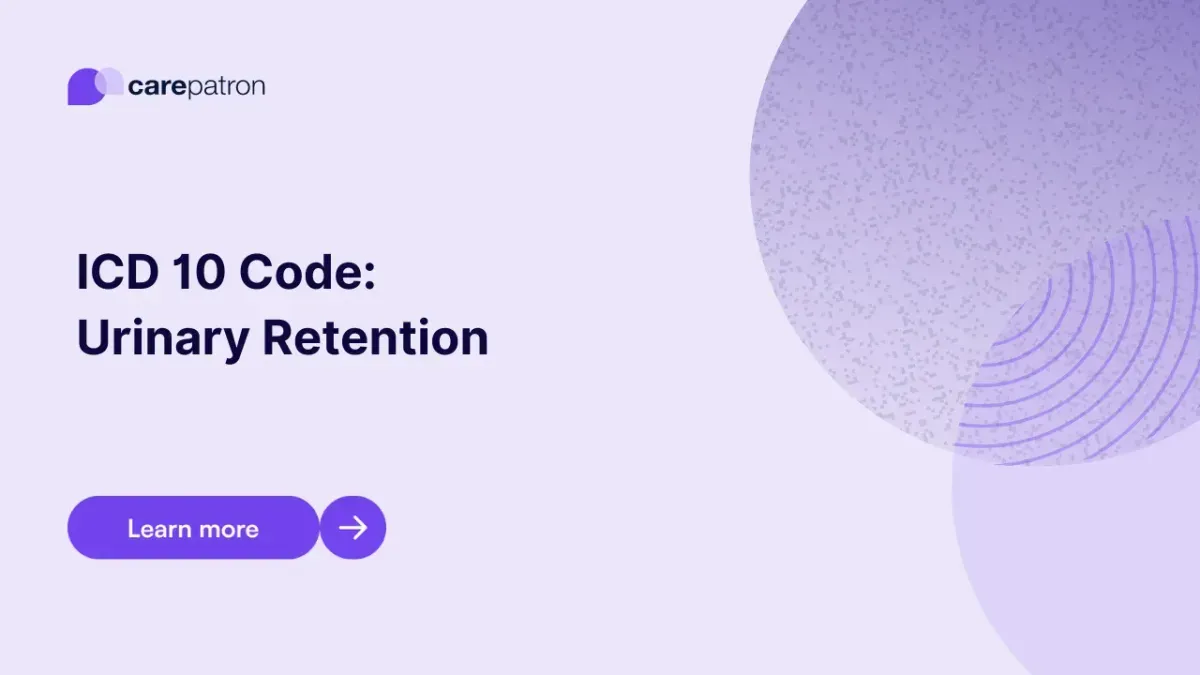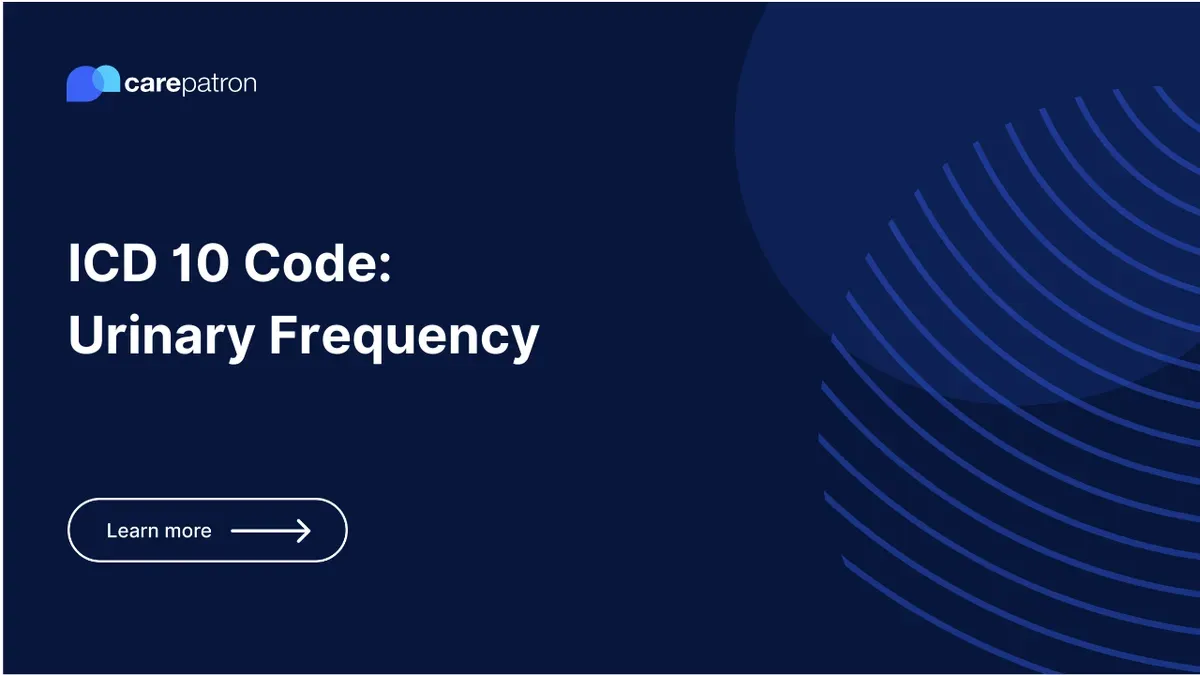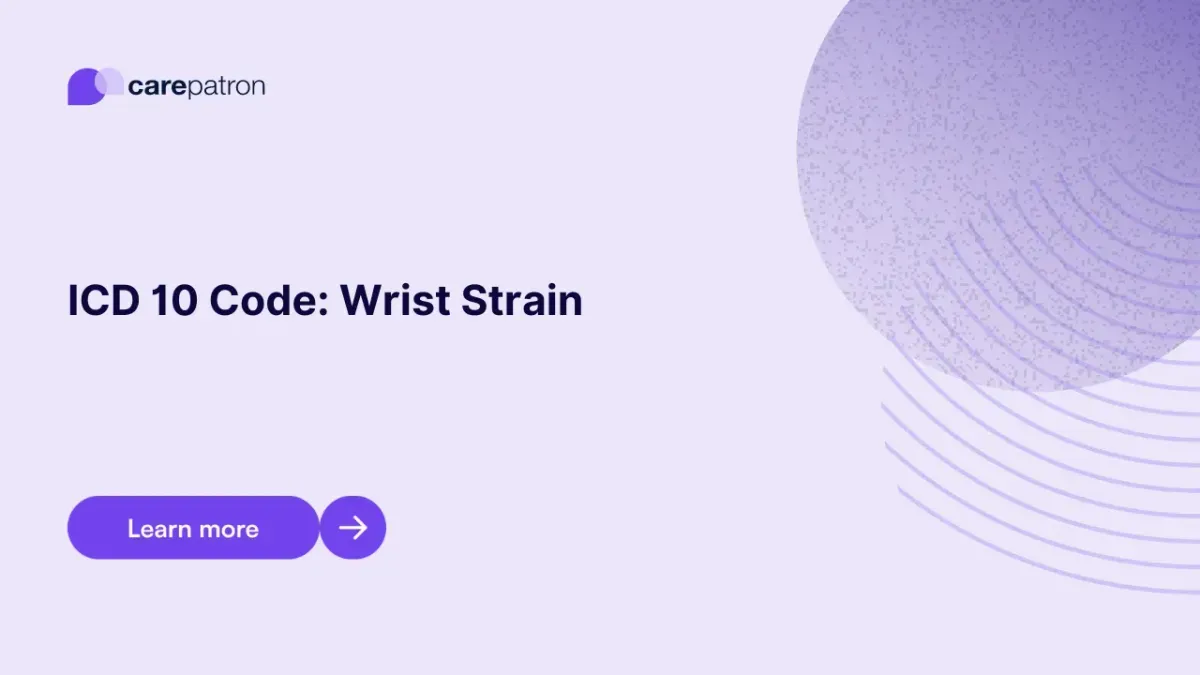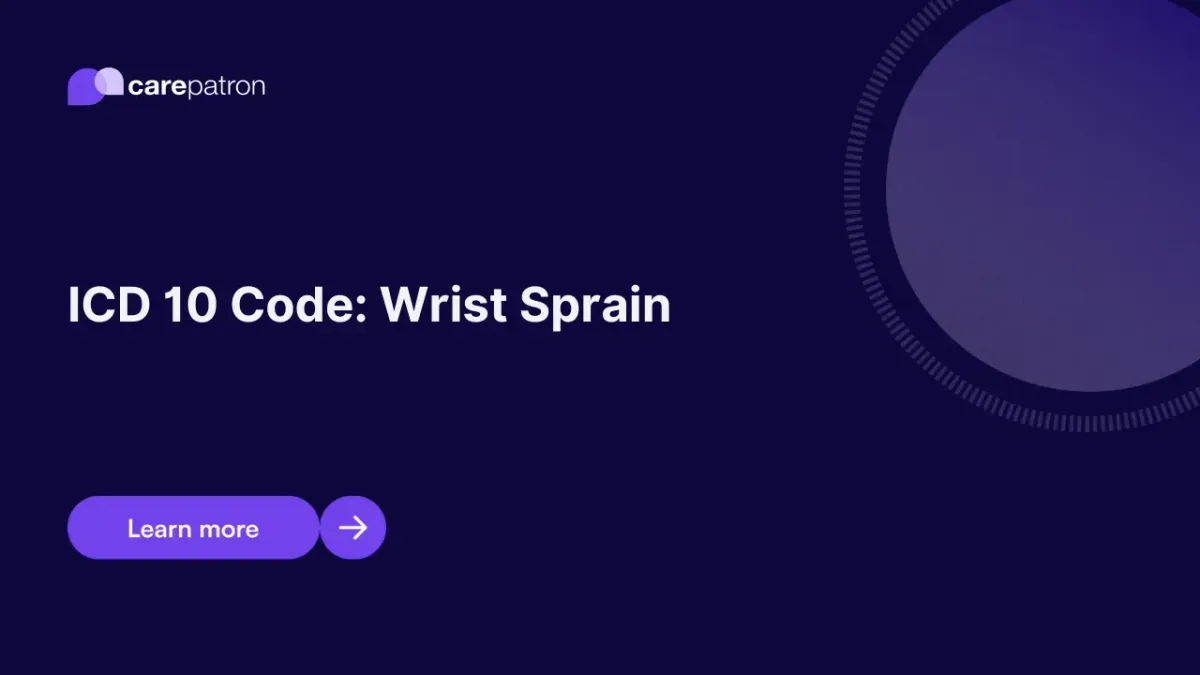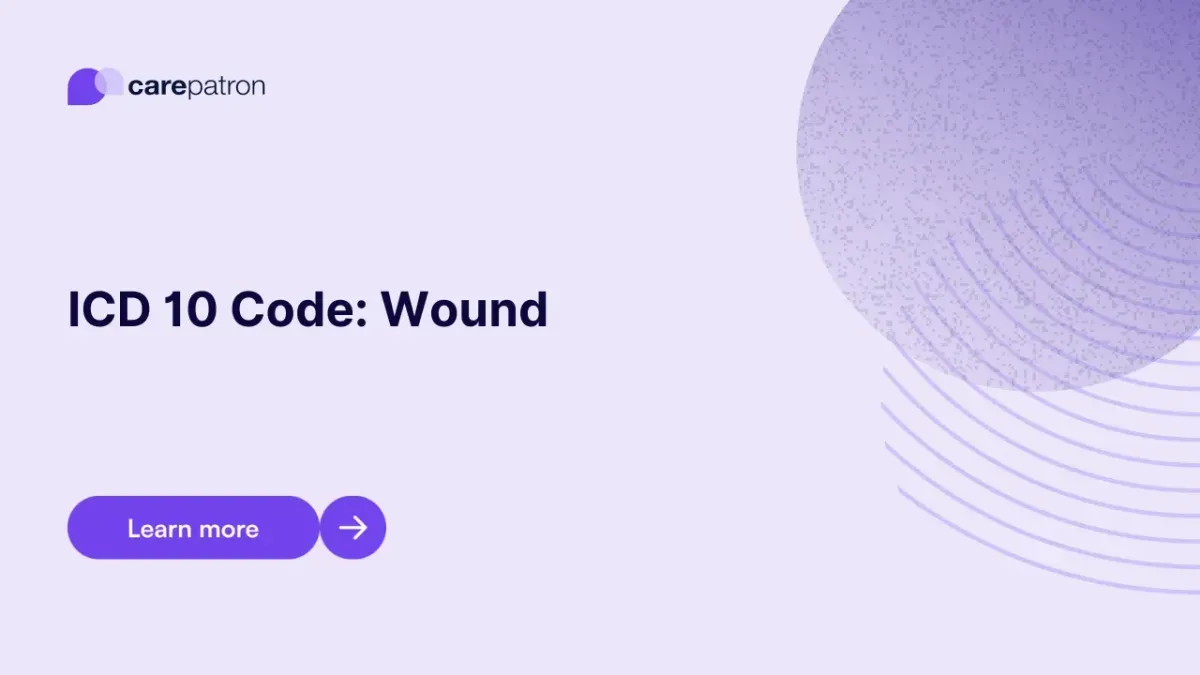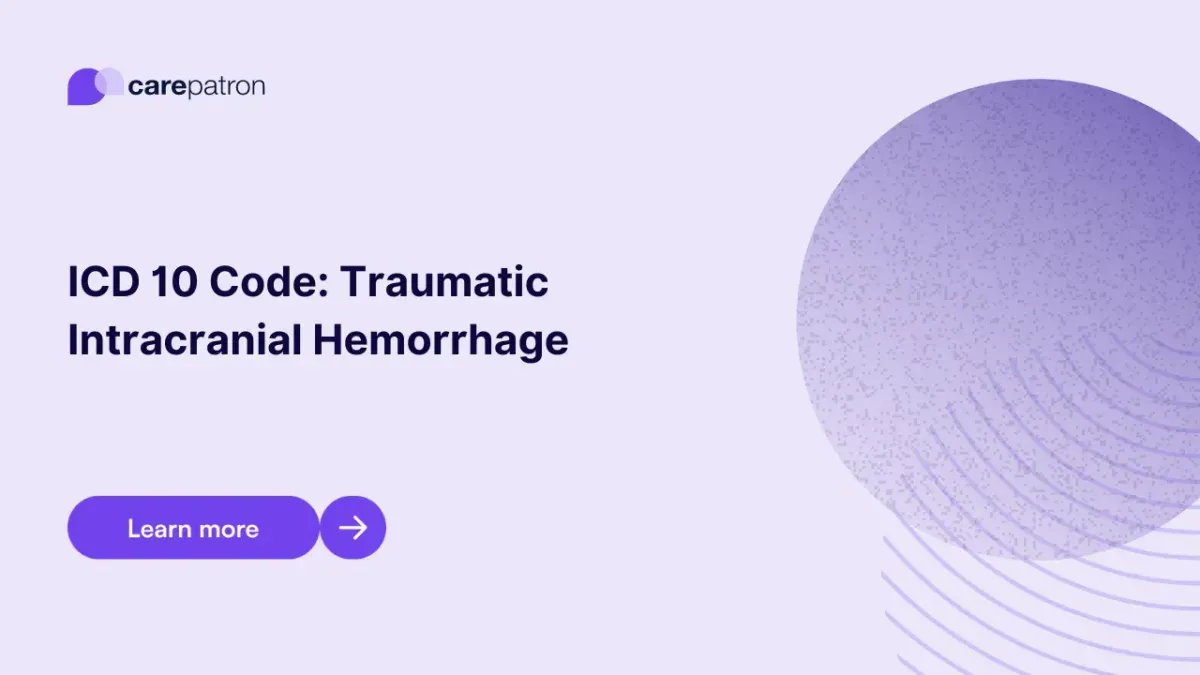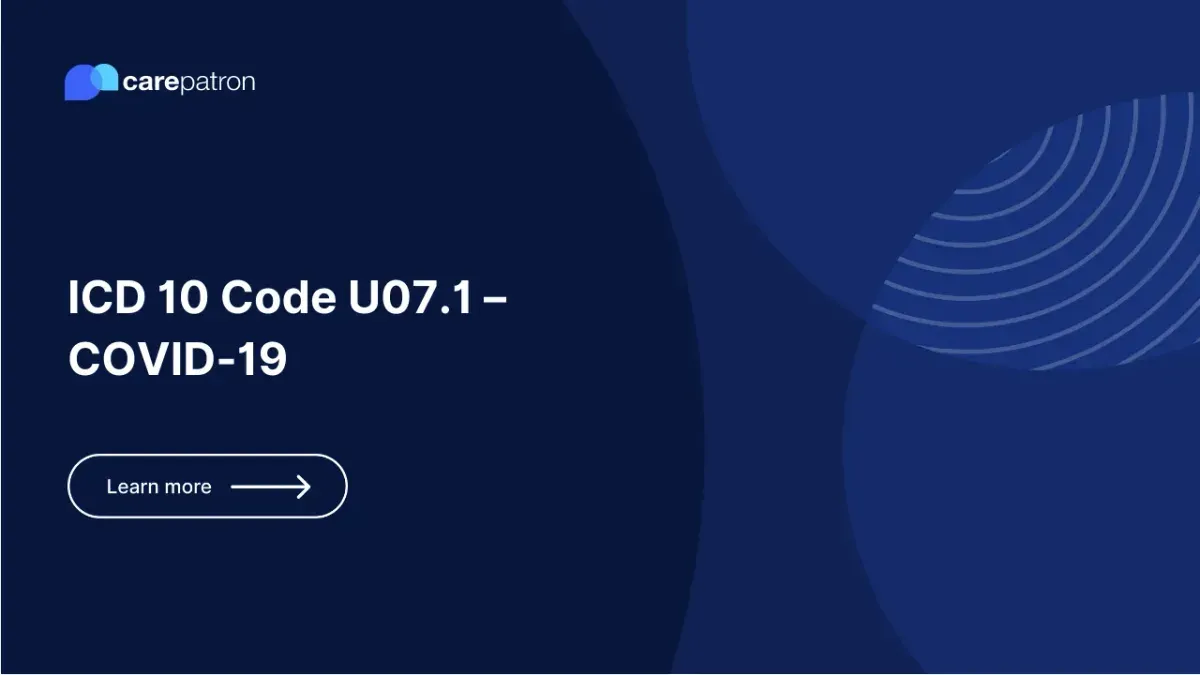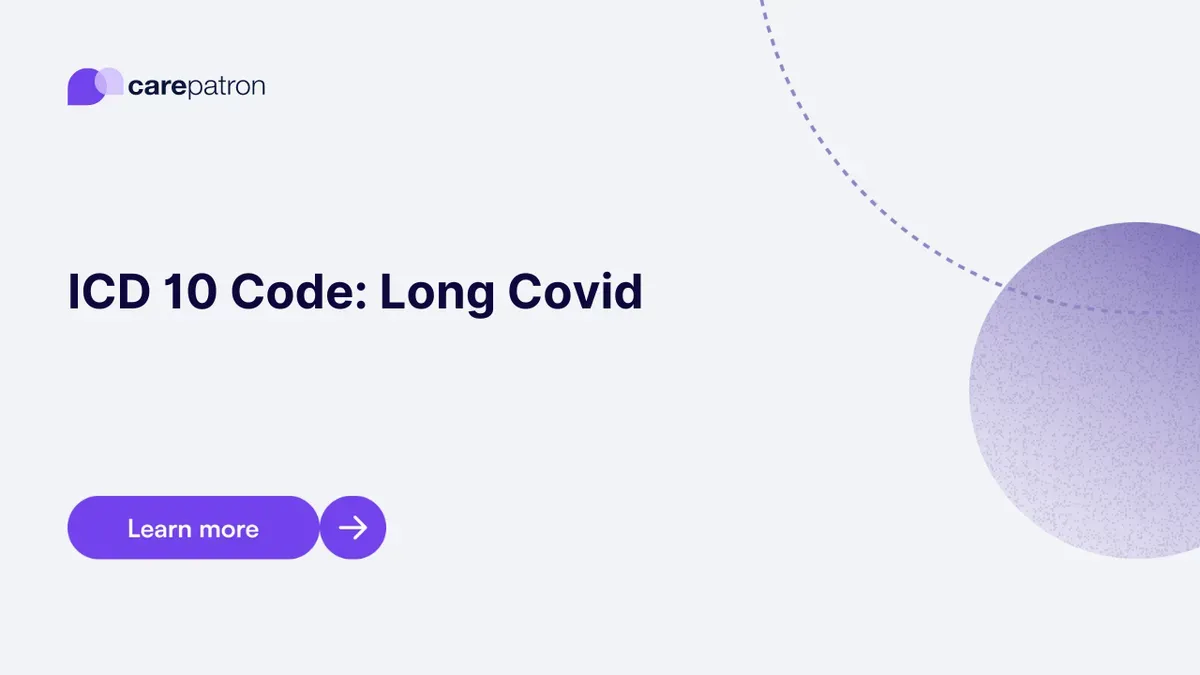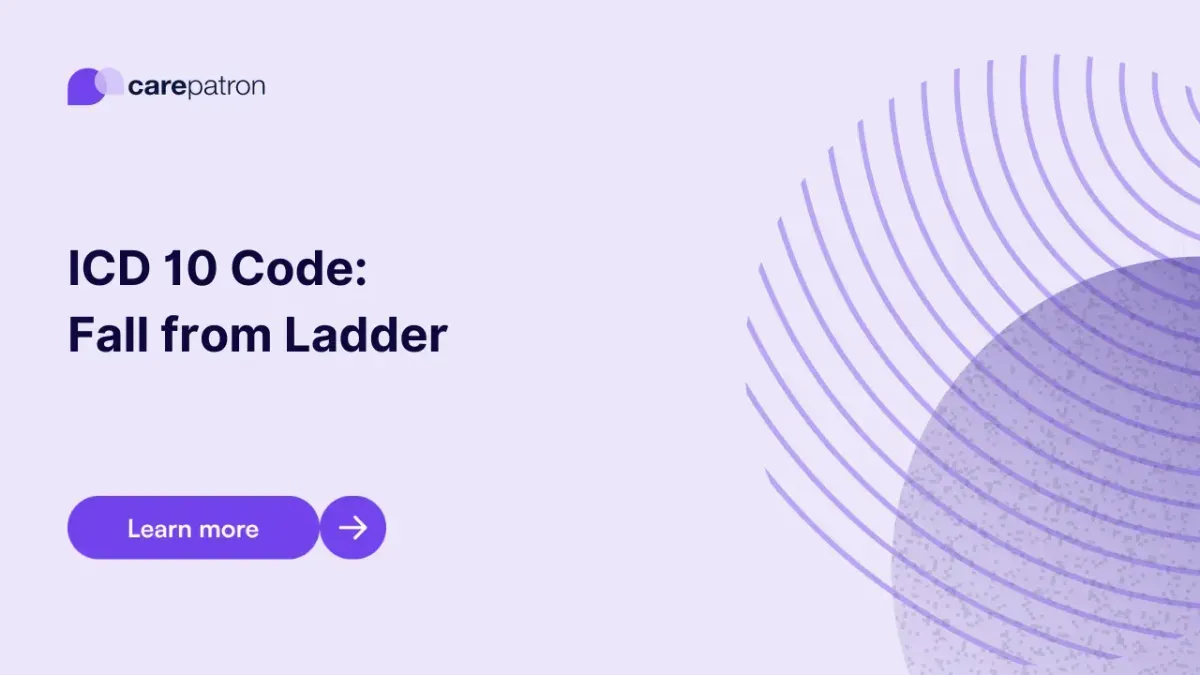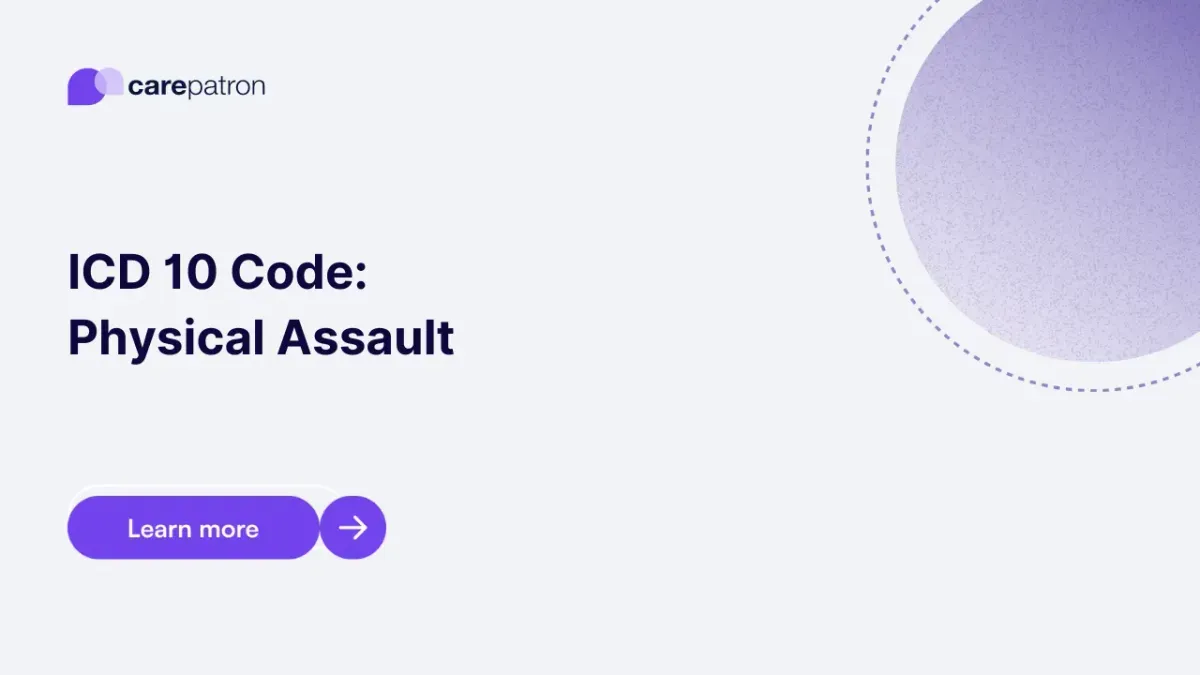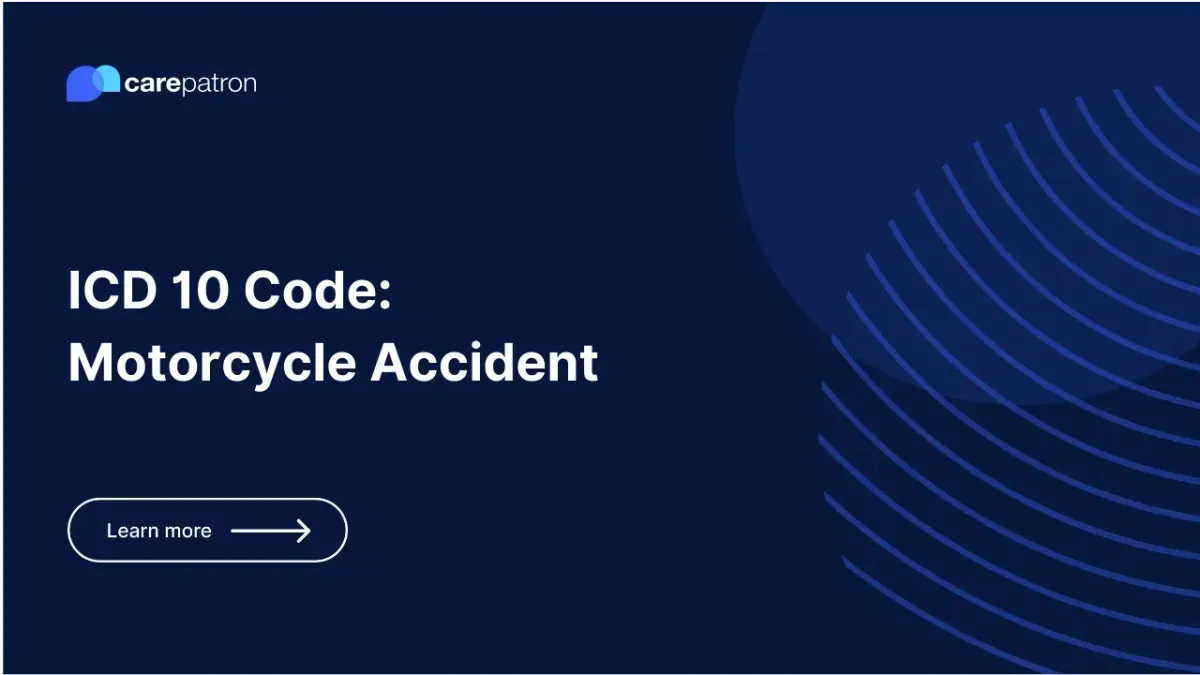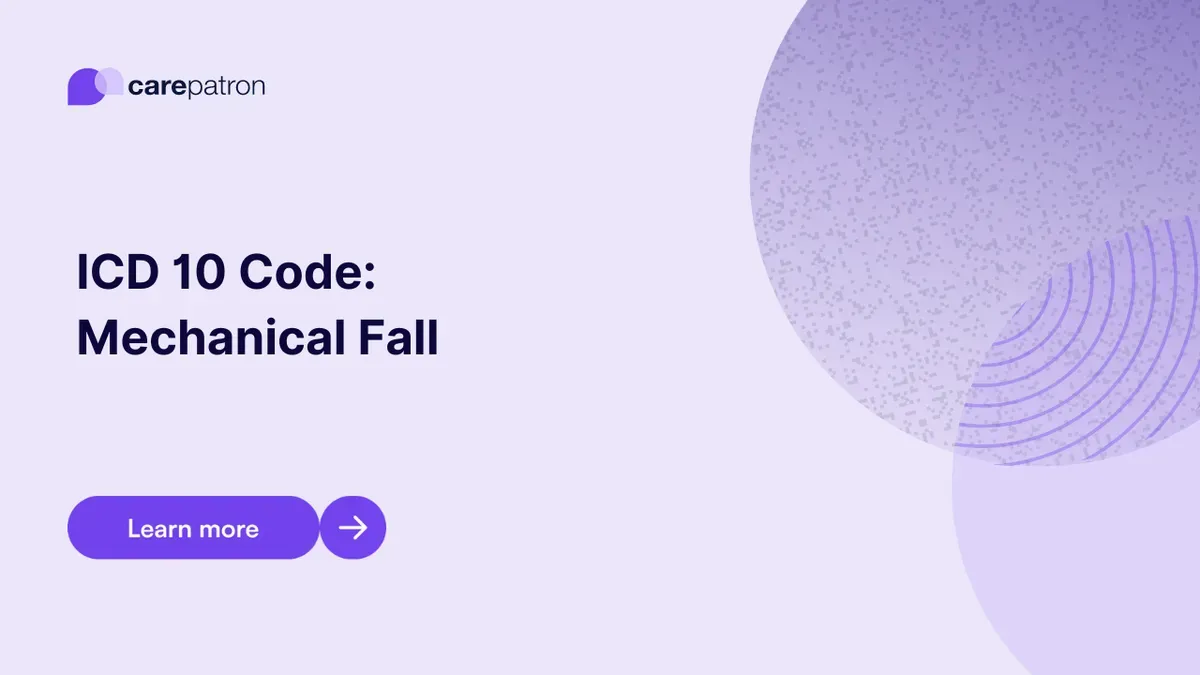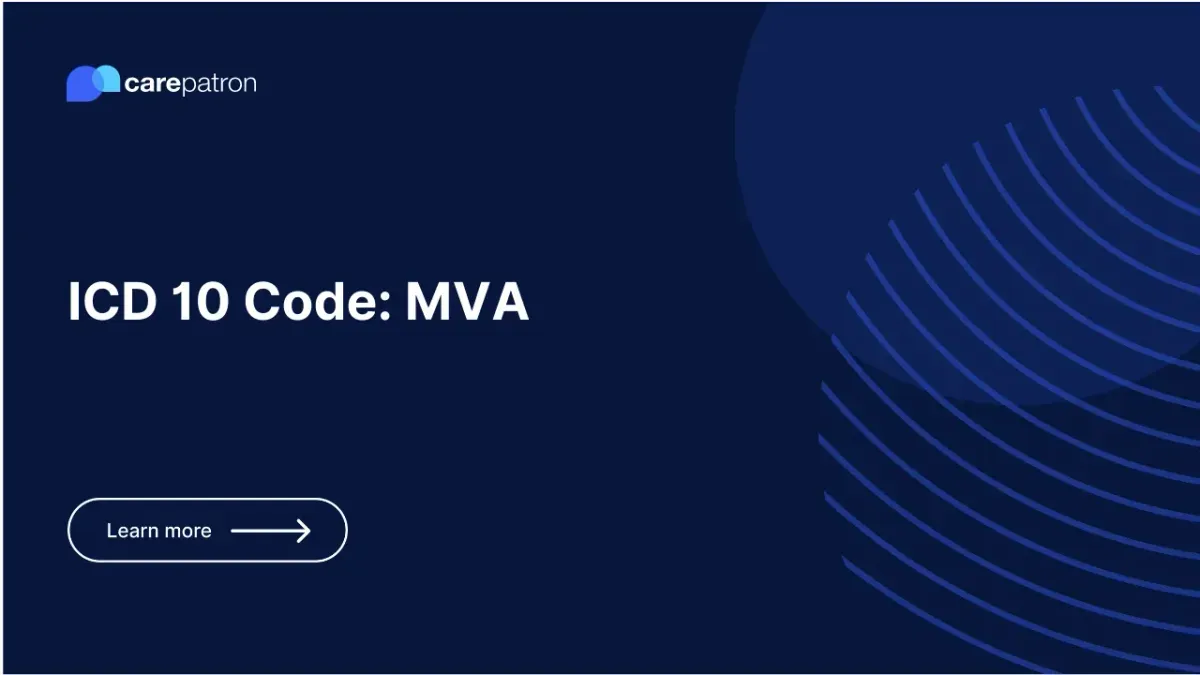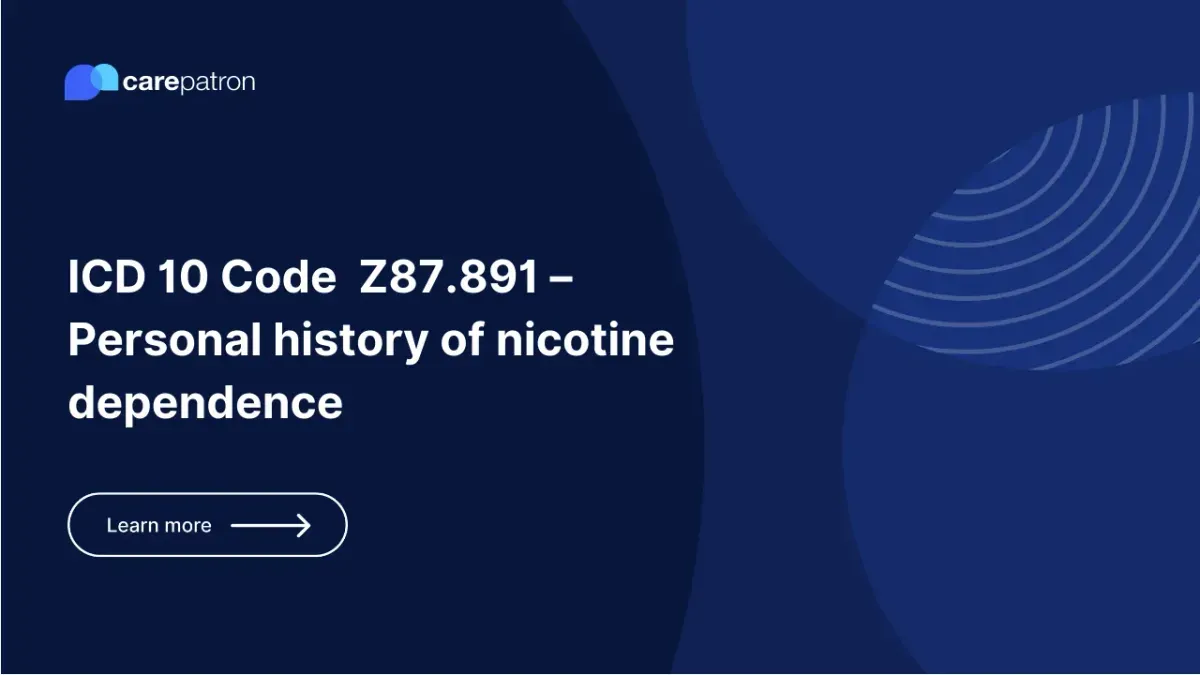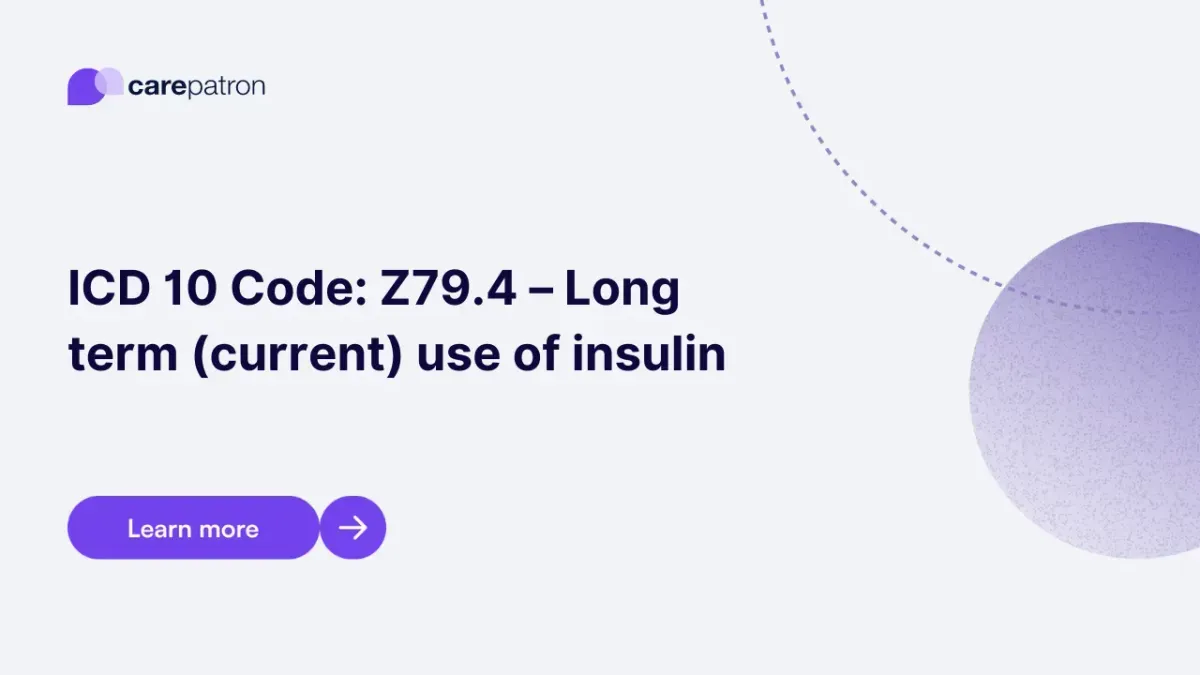ICD 10 Hub
Welcome to our comprehensive library dedicated to ICD-10 codes, spanning every chapter of the International Classification of Diseases (ICD-10). Here, you'll find invaluable resources that cover a wide array of medical conditions and their systematic classification, designed to facilitate accurate diagnosis, efficient documentation, and precise billing within the healthcare domain. Our goal is to provide you with a user-friendly and informative platform where you can access ICD-10 data and codes across diverse medical specialties.
Whether you're a healthcare professional seeking to enhance patient care, a coder navigating the complexities of medical billing, or a researcher analyzing health trends, our collection of ICD-10 codes will empower you with the knowledge and tools you need. We invite you to navigate these chapters, utilize our ICD-10 codes lookup feature, and unlock the potential to improve healthcare delivery, research, and administration. Explore, learn, and leverage the power of ICD-10 data and codes to enhance your healthcare journey.
I: Certain infectious and parasitic diseases (A00-B99)
Yeast Infection ICD-10-CM Codes
Explore the ICD-10-CM codes related to yeast infections, key for accurate medical documentation, insurance billing, and targeted treatment strategies for 2023.
Warts ICD-10-CM Codes
Read this short guide and learn about relevant Warts ICD codes you can use to enable accurate medical billing and coding.
Viral Syndrome ICD-10-CM Codes
Learn about the ICD codes for viral syndromes that you can use through this guide.
Verruca Vulgaris ICD-10-CM Codes
Learn about the different verruca vulgaris ICD-10-CM codes you can use through this guide.
II: Neoplasms (C00-D49)
Squamous Cell Carcinoma ICD-10-CM Codes
Explore ICD-10-CM codes for squamous cell carcinoma. Learn about common codes, billable statuses, and gain clinical insights in this comprehensive guide.
Splenomegaly
Discover the updated ICD-10-CM codes for splenomegaly in 2025. Ensure accurate coding and billing for this medical condition.
Small Cell Lung Cancer ICD-10-CM Codes
Read this short guide and learn about small cell lung cancer you can use for accurate medical billing and coding.
Sarcoma ICD-10-CM Codes
Explore updated Sarcoma ICD-10-CM codes for 2025. Learn about malignant neoplasms, connective and soft tissue tumors, diagnosis, billing, and treatment.
III: Diseases of the blood and blood-forming organs and certain disorders involving the immune mechanism (D50-D89)
Testicular Mass ICD-10-CM Codes
Discover the common ICD-10 Codes used for testicular mass. Learn how these specific codes help with medical billing and more.
Sickle Cell Disease ICD-10-CM Codes
Simplify coding with our comprehensive list of ICD-10 Codes Used for Sickle Cell Disease. Stay informed and streamline medical coding practices efficiently.
Sickle Cell Anemia ICD-10-CM Codes
Discover the correct ICD-10-CM codes for Sickle Cell Anemia in 2023. Explore standard codes, their billability, clinical data, synonymous terms, and more!
Sarcoidosis ICD-10-CM Codes
Be up-to-date with the common ICD-10 codes used for Sarcoidosis. Improve your billing accuracy and know more about the diagnosis with our short guide.
IV: Endocrine, nutritional and metabolic diseases (E00-E89)
Vitamin D Deficiency ICD-10-CM Codes | 2025
Explore 2025 ICD-10 codes for vitamin D deficiency, including E55.9, E55.0, and related diagnoses. Learn billable codes, treatments, and usage guidelines.
Type 2 DM ICD-10-CM Codes
Check out these CD-10 codes for Type 2 DM, essential for billing and classification. Learn about accurate coding for Type 2 diabetes mellitus now.
Thyroid Nodules ICD-10-CM Codes
Read this short guide and learn about thyroid nodules ICD codes you can use.
Thyroid Disease ICD-10-CM Codes
Learn about thyroid disease ICD codes for billing and coding. Get valuable clinical information for your practice in this guide.
V: Mental, behavioural and neurodevelopmental disorders (F00-F99)
Unspecified Mood Disorder ICD-10-CM Codes
Learn more about the ICD-10-CM codes for unspecified mood disorders, including billable codes, clinical information, and more.
Tobacco Abuse ICD-10-CM Codes
Discover commonly used ICD-10-CM codes for tobacco abuse and their billability, clinical information, synonyms, and FAQs.
Suicidal Ideation ICD-10-CM Codes
Explore ICD-10-CM codes for suicidal ideation in 2023. Learn about common codes, billable statuses, and gain clinical insights in this comprehensive guide.
Stress ICD-10-CM Codes
Dive into the comprehensive guide on Stress ICD codes 2023. Understand the codes, their billability, and their clinical significance.
VI: Diseases of the nervous system (G00-G99)
Tremors ICD-10-CM Codes
Your complete guide to ICD-10-CM codes for diagnosing and documenting tremors.
Tardive Dyskinesia ICD-10-CM Codes
Navigate the intricacies of Tardive Dyskinesia ICD codes. Learn about the clinical descriptions, billability, and FAQs about this condition.
Staring Spells ICD-10-CM Codes
Discover ICD-10 codes for Staring Spells. Proper coding is essential for billing and managing conditions like absence seizures.
Spasticity ICD-10-CM Codes
Delve into the comprehensive guide on Spasticity ICD codes for 2023. Understand the codes, their billability, and their clinical significance.
VII: Diseases of the eye and adnexa (H00-H59)
Vision Loss ICD-10-CM Codes | 2023
Explore comprehensive ICD-10 codes for vision loss, aiding in accurate diagnosis, treatment, and billing. Stay updated with the latest codes for 2023.
Vertigo ICD-10-CM Codes | 2023
Looking for ICD-10 codes related to vertigo? Check out this guide to learn about some of the ICD-10 codes you can use and clinical information about vertigo.
Posterior Vitreous Detachment ICD-10-CM Codes | 2023
Read this short guide to learn about Posterior Vitreous Detachment ICD codes you can use!
Otitis Media Bilateral ICD-10-CM Codes
Learn about ICD-10 codes for otitis media, symptoms, causes, treatments, and billing details.
VIII: Diseases of the ear and mastoid process (H60-H95)
Tinnitus ICD-10-CM Codes | 2025
Explore 2025 ICD-10 codes for tinnitus and pulsatile tinnitus by ear side. Learn about diagnosis, billing, symptoms, causes, and treatment options.
Right Otitis Media ICD-10-CM Codes | 2025
Learn the commonly used ICD-10 codes for right otitis media, including their clinical significance, billing aspects, and role in effective disease management.
Otitis Media ICD-10-CM Codes
Explore the ICD codes for otitis media. Learn about the codes, billability, and clinical relevance of this common ear infection.
Otitis Externa ICD-10-CM Codes
Explore ICD-10-CM codes for otitis externa in 2023. Learn about common codes, billable statuses, and gain clinical insights in this comprehensive guide.
IX: Diseases of the circulatory system (I00-I99)
Viral Illness ICD-10-CM Codes
Delve into the 2023 ICD codes for Viral Illness. Understand these common infectious diseases' codes, billability, and clinical relevance.
Vitamin B12 Deficiency ICD-10-CM Codes
Discover the ICD-10 codes for Vitamin B12 deficiency. Ensure accurate medical coding and billing for this condition. Simplify diagnosis with proper codes.
Venous Stasis Ulcer ICD-10-CM Codes
Explore the key ICD-10 codes used for Venous Stasis Ulcer. Understand their meanings, implications, and how they aid in accurate diagnosis and treatment.
Venous Stasis Dermatitis ICD-10-CM Codes
Explore ICD-10-CM codes for Venous Stasis Dermatitis. Learn about common codes, billable statuses, and gain clinical insights in this comprehensive guide.
X: Diseases of the respiratory system (J00-J99)
Upper Respiratory Infection ICD-10-CM Codes
Explore the 2023 ICD codes for Upper Respiratory Infection. Grasp the codes, billability, and clinical relevance for this common ailment.
Tracheostomy ICD-10-CM Codes
Discover essential ICD-10 codes for Tracheostomy, ensuring accurate medical documentation and billing. Learn more now.
Tonsillitis ICD-10-CM Codes
Discover the 2023 ICD codes for Tonsillitis. Understand the codes, billability, and clinical relevance of this throat-related condition.
Tonsillar Hypertrophy ICD-10-CM Codes
Explore ICD-10-CM codes for tonsillar hypertrophy, its symptoms, chronic conditions, diagnosis, and treatment—including non-surgical and surgical options.
XI: Diseases of the digestive system (K00-K95)
Ventral Hernia ICD-10-CM Codes | 2025
Explore 2025 ICD-10-CM codes for ventral hernias, including types, symptoms, complications, and billing.
Umblical Hernia ICD-10-CM Codes
Discover the precise ICD-10-CM codes for umbilical hernia, aiding accurate diagnosis and streamlined medical recordkeeping.
Umbilical Hernia ICD-10-CM Codes
Read this short guide and learn about umbilical hernia ICD codes you can use.
Ulcerative Colitis ICD-10-CM Codes
Discover the ICD-10 codes used for diagnosing and tracking ulcerative colitis. Also, explore common treatments and the valuable clinical information.
XII: Diseases of the skin and subcutaneous tissue (L00-L99)
Urticaria ICD-10-CM Codes | 2023
Read this short guide to learn about the Urticaria ICD codes you can use!
Tonic-Clonic Seizure ICD-10-CM Codes
Learn about the ICD-10 codes used for tonic-clonic seizure cases through this guide.
Solar Lentigo ICD-10-CM Codes
Familiarize yourself with the ICD-10 code used for solar lentigo and learn more about it’s clinical description, billability, synonym, etc.
Skin Tags ICD-10-CM Codes
Learn the correct ICD-10-CM codes for skin tags. Ensure accurate medical coding with up-to-date guidelines and simplified classification.
XIII: Diseases of the musculoskeletal system and connective tissue (M00-M99)
M25.559 – Pain in Unspecified Hip
Explore the clinical implications, billing details, and more about the ICD-10-CM code M25.559, denoting pain in an unspecified hip.
Wrist Pain ICD-10-CM Codes
Discover ICD-10 Codes Used for Wrist Pain for precise diagnosis and billing. Ensure accurate medical coding for effective healthcare management.
Tibia Fracture ICD-10-CM Codes
Read this short guide and learn about tibia fracture ICD codes you can use. Learn billing and clinical information.
Thoracic Kyphosis ICD-10-CM Codes
Explore the 2023 guide on Thoracic Kyphosis ICD-10-CM codes. Understand the specific codes, their clinical descriptions, and their billing implications.
XIV: Diseases of the genitourinary system (N00-N99)
Voiding Dysfunction ICD-10-CM Codes
Explore voiding dysfunction ICD codes you can use for medical billing and coding. Learn valuable clinical information to use in your daily practice.
Uterine Prolapse ICD-10-CM Codes | 2023
Explore the comprehensive guide on ICD-10 codes for Uterine Prolapse. Stay updated with the latest codes for accurate diagnosis and billing.
Urinary Tract Infection ICD-10-CM Codes
Read this short guide and learn about Paresthesia-related ICD-10 codes that you can use!
Urethral Stricture ICD-10-CM Codes
Here’s our short guide on the ICD-10 codes used for urethral stricture. Know more about the codes’ diagnoses, billability, synonyms, and more.
XV: Pregnancy, childbirth and the puerperium (O00-O9A)
Subchorionic Hemorrhage ICD-10-CM Codes | 2023
Discover the appropriate ICD-10 codes for accurately documenting subchorionic hemorrhage, essential for medical billing and coding.
Retained Products Of Conception ICD-10-CM Codes
Explore the detailed guide on Retained Products Of Conception ICD codes for 2023. Delve into the codes, their billability, and clinical significance.
Repeat C Section ICD-10-CM Codes | 2023
Read this short guide to learn about Repeat C Section ICD codes you can use!
Pregnancy ICD-10-CM Codes
An insightful guide to ICD-10-CM codes pertinent to diagnosing and documenting various pregnancy conditions in 2023.
XVI: Certain conditions originating in the perinatal period (P00-P96)
P05 – Disorders of newborn related to slow fetal growth and fetal malnutrition
Read this in-depth guide on ICD-10-CM code P05, its clinical details, billability, synonyms, related codes, and FAQs.
Newborn ICD-10-CM Codes | 2023
Discover the essential ICD-10 Codes for newborns. Learn accurate coding for neonatal healthcare and streamline medical documentation and billing.
Macrosomia ICD-10-CM Codes
Learn the essential ICD-10-CM codes for diagnosing and documenting cases of macrosomia, or excessive birth weight.
Hyperbilirubinemia ICD-10-CM Codes | 2023
A complete guide to Hyperbilirubinemia's ICD-10-CM codes for 2023, including the most used codes, their billability, clinical info, synonyms, and unique FAQs.
XVIII: Symptoms, signs and abnormal clinical and laboratory findings, not elsewhere classified (R00-R99)
Weight Loss ICD-10-CM Codes
Learn the ICD-10-CM codes for weight loss with this comprehensive guide that covers billable codes, clinical descriptions, synonyms, and more.
Weakness ICD-10-CM Codes
Read this short guide and learn about Weakness-related ICD-10 codes that you can use!
Urinary Retention ICD-10-CM Codes
Learn about the urinary retention ICD-10-CM codes you can use through this guide.
Urinary Frequency ICD-10-CM Codes | 2023
A comprehensive guide to the ICD-10-CM codes for Urinary Frequency in 2023. Explore clinical details, billable codes, related synonyms, and FAQs.
XIX: Injury, poisoning and certain other consequences of external causes (S00-T88)
Wrist Strain ICD-10-CM Codes
Explore ICD-10-CM codes for wrist strain, including right, left, and unspecified injuries. Learn symptoms, treatment, and billing for all encounter types.
Wrist Sprain ICD-10-CM Codes
Read this short guide and learn about wrist sprain ICD codes you can use.
Wound ICD-10-CM Codes
Learn about the wound ICD-10-CM codes you can use through this guide.
Traumatic Intracranial Hemorrhage ICD-10-CM Codes
Explore ICD-10 codes for traumatic intracranial hemorrhage, including types, symptoms, treatments, loss of consciousness, and billing guidance.
XX: Codes for special purposes (U00-U85)
U07.1 – COVID-19
Read about ICD-10-CM code U07.1, from its clinical information, if it's billable or not, FAQs, and related ICD-10 codes through this guide.
Long Covid ICD-10-CM Codes | 2023
Discover the essential ICD-10 codes for Long Covid. Navigate accurate diagnosis and billing with our comprehensive overview of post-COVID conditions.
Fall from Ladder ICD-10-CM Codes
Discover ICD-10 codes for ladder falls, including W11.XXXA, W11.XXXD, and W11.XXXS. Learn when to use each code for accurate injury documentation.
XXI: External causes of morbidity (V00-Y99)
Physical Assault ICD-10-CM Codes
Learn the ICD-10-CM codes related to physical assault to aid in accurate coding and medical billing for injuries resulting from physical violence.
Motorcycle Accident ICD-10-CM Codes
Read this short guide and learn about motorcycle accident ICD codes you can use.
Mechanical Fall ICD-10-CM Codes
Explore Mechanical Fall ICD-10 codes, clinical context, billable status, synonymous terms, and FAQs—a valuable resource for healthcare practitioners.
MVA ICD-10-CM Codes
Read this short guide and learn about motor vehicular accident-related ICD-10 codes you can use for billing.
XXII: Factors influencing health status and contact with health services (Z00-Z99)
Z87.891 – Personal history of nicotine dependence
The ICD-10-CM code Z87.891 signifies a history of nicotine dependence. This guide covers clinical details, billability, FAQs, and related codes.
Z86.010 – Personal history of colonic polyps
Understand the code for personal history of colon polyps, its significance, clinical implications, and billability.
Z79.899 – Other long term (current) drug therapy
Learn about Z79.899 ICD-10-CM code for long-term drug therapy for chronic conditions and enhance billing and documentation.
Z79.4: Long term (current) use of insulin
Read this short guide to learn about the ICD-10 code Z79.4 – Long term (current) use of insulin.
The ICD-10 Codes Universe: A Vital Healthcare Resource
The International Classification of Diseases, 10th Edition, or ICD-10, is the global standard for categorizing and documenting a vast spectrum of medical conditions. It plays a pivotal role in healthcare by offering a structured system of codes that represent diseases, conditions, and various factors influencing health. These codes are instrumental in several critical aspects of healthcare, including:
1. Precise Diagnosis:
ICD-10 codes facilitate accurate diagnosis by enabling healthcare professionals to pinpoint and classify specific medical conditions. Each code corresponds to a distinct ailment, enhancing the precision of diagnoses and treatment plans.
2. Efficient Documentation:
In healthcare, meticulous documentation is paramount. ICD-10 codes streamline the process of recording patient information, making it more efficient and consistent.
3. Streamlined Billing:
Medical billing relies heavily on ICD-10 codes. These codes simplify the billing process by converting complex medical conditions and procedures into standardized codes, making it easier for insurance companies and healthcare institutions to comprehend and process claims.
ICD-10 Codes Lookup: Simplifying the Search:
A standout feature of this resource is the ICD-10 codes lookup tool, designed with user-friendliness in mind. This tool empowers users to swiftly and effortlessly locate specific codes for medical conditions or health-related factors. Whether you're verifying a code for a rare condition or staying abreast of the latest updates in medical classification, our ICD-10 codes lookup simplifies the process, conserving your time and ensuring precision.
Elevating Healthcare Practice: A Holistic Approach:
Our resources transcend the realms of clinical practice and medical billing. Proficiency in ICD-10 codes can elevate your healthcare practice in many ways:
Optimized Patient Care:
Accurate diagnosis and documentation support superior patient care by furnishing healthcare providers with a comprehensive and precise grasp of a patient's medical history and current condition.
Efficiency in Coding and Billing:
Enhanced proficiency in using ICD-10 codes streamlines coding and billing procedures, resulting in heightened administrative efficiency and reduced errors.
Your Gateway to Informed Healthcare:
Our ICD-10 codes and data repository is a versatile and empowering resource that equips individuals and organizations in the healthcare sector. Whether you're striving to enhance patient care, streamline administrative processes, conduct research, or expand your knowledge, our resources offer the tools and information you require to navigate the intricate world of medical classifications. Join us on this journey to unlock the potential of ICD-10 codes and data, enhancing the accuracy, efficiency, and effectiveness of healthcare for all stakeholders. Explore, learn, and transform your healthcare practice today.
Frequently asked questions




